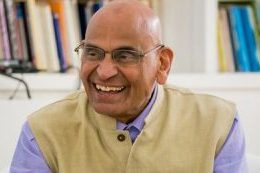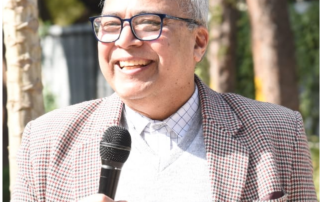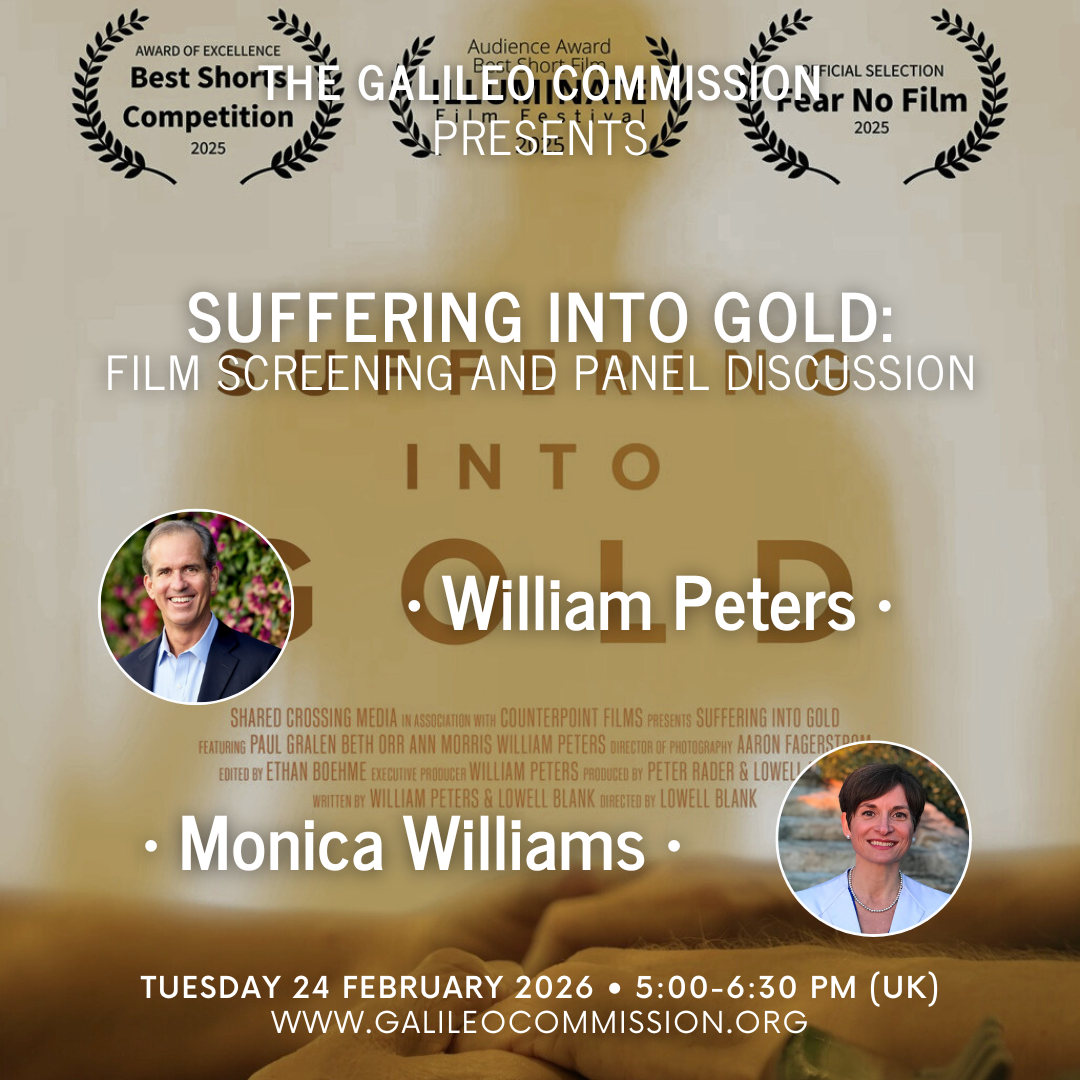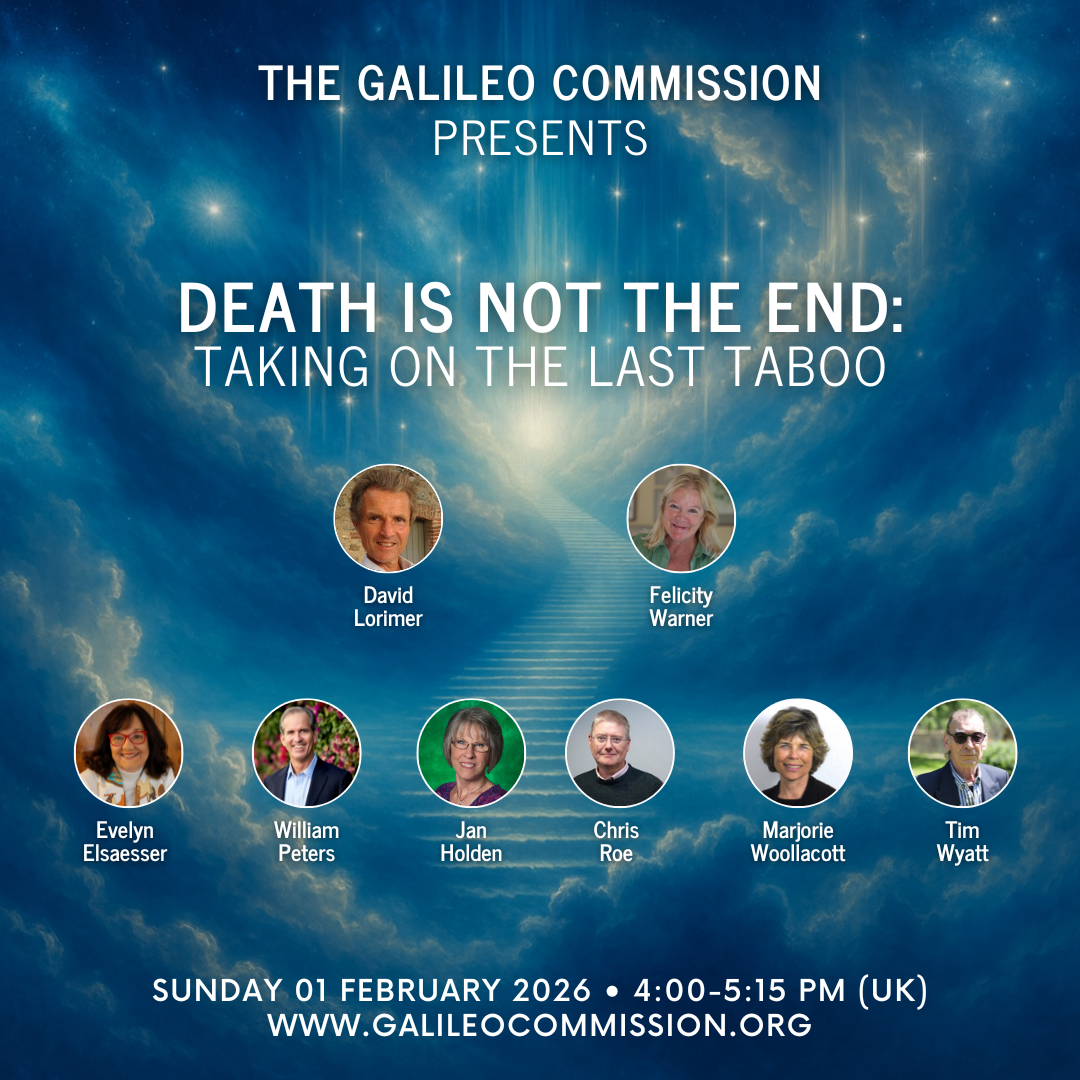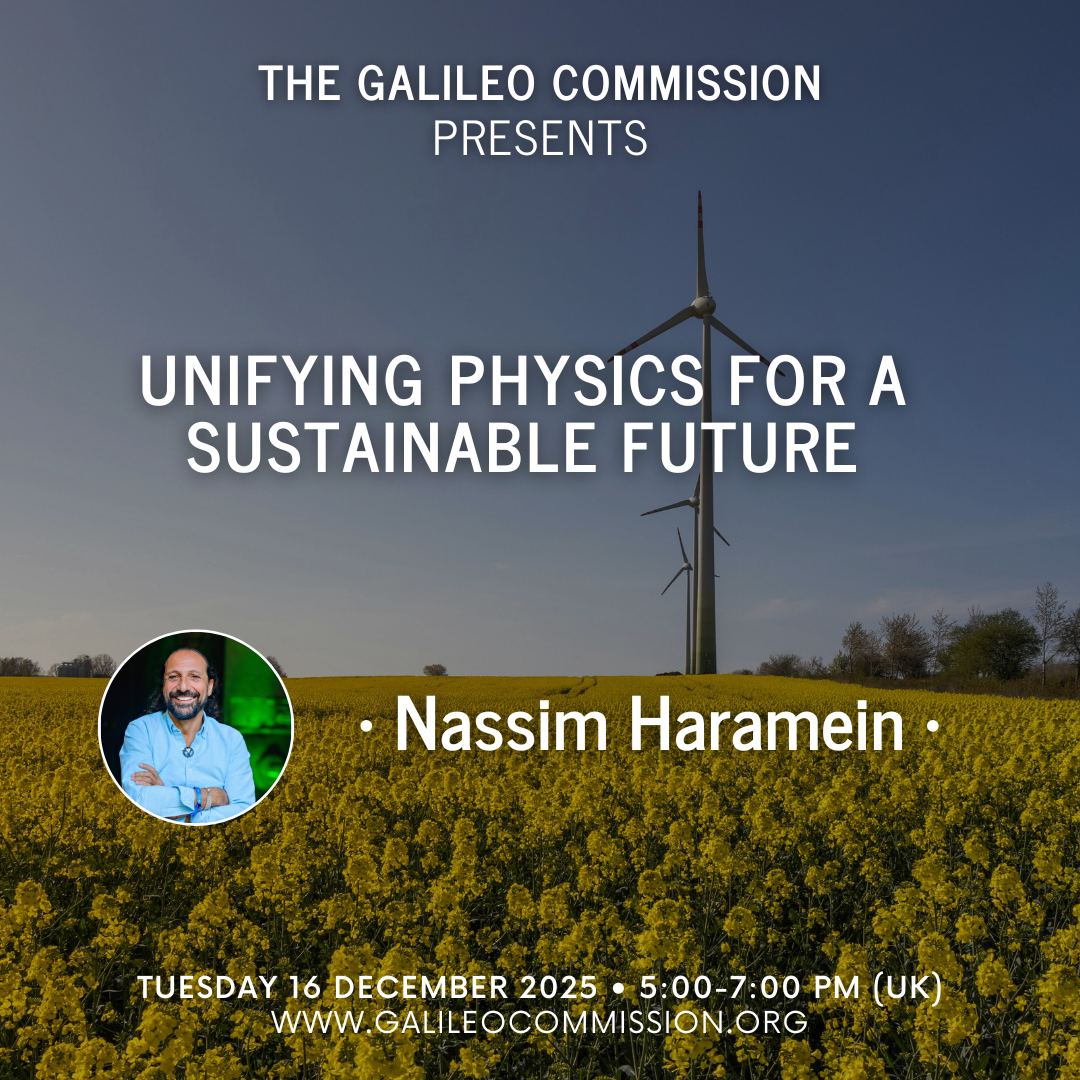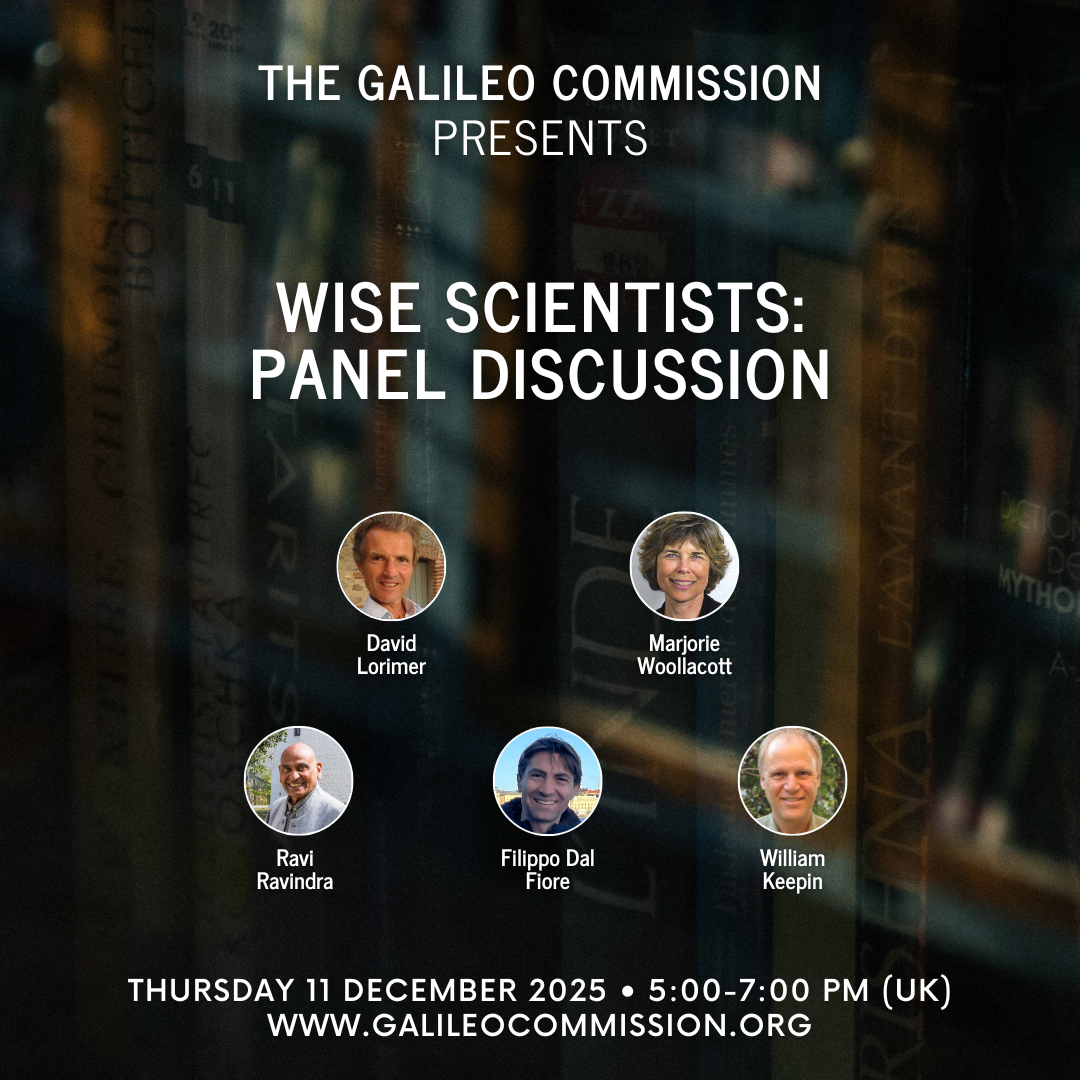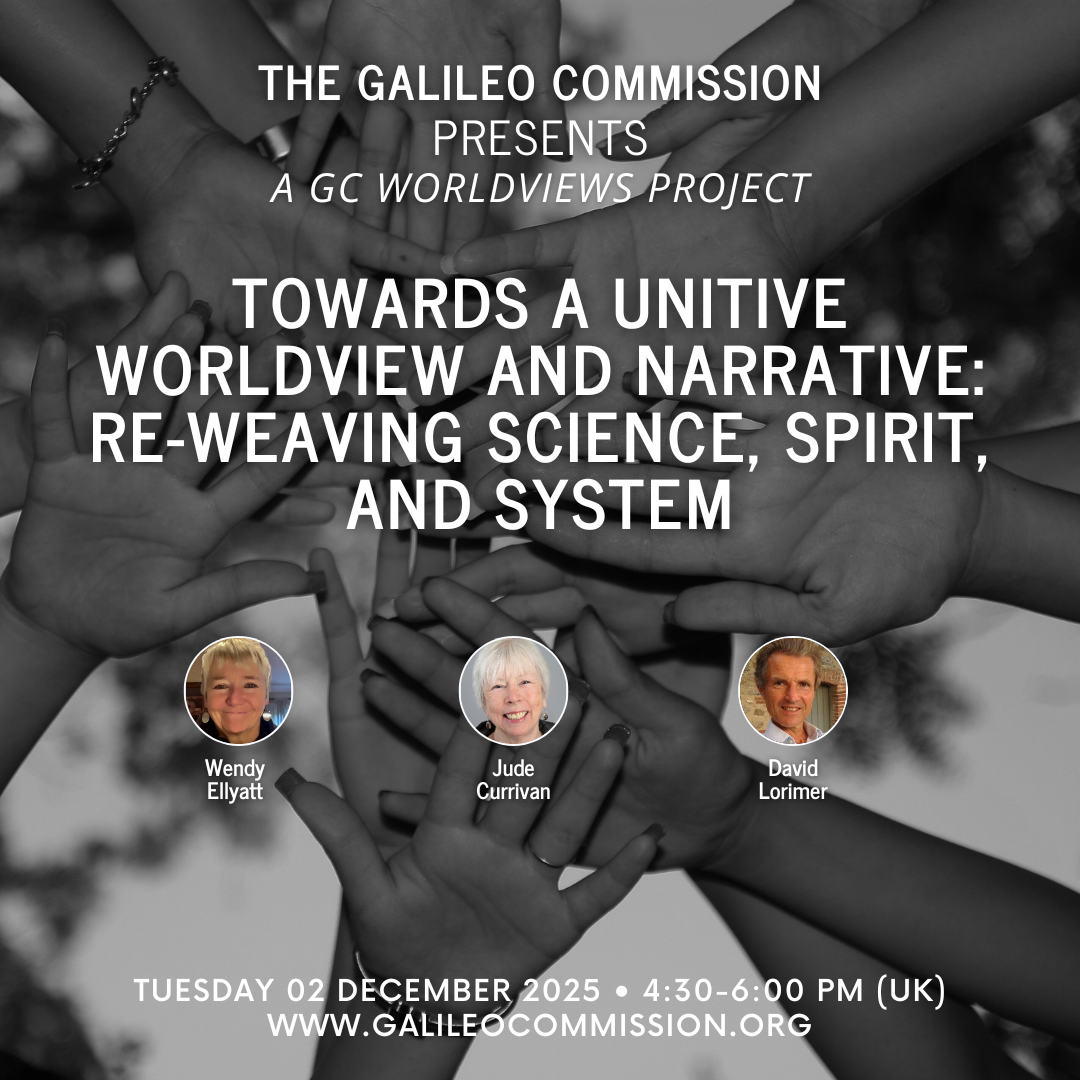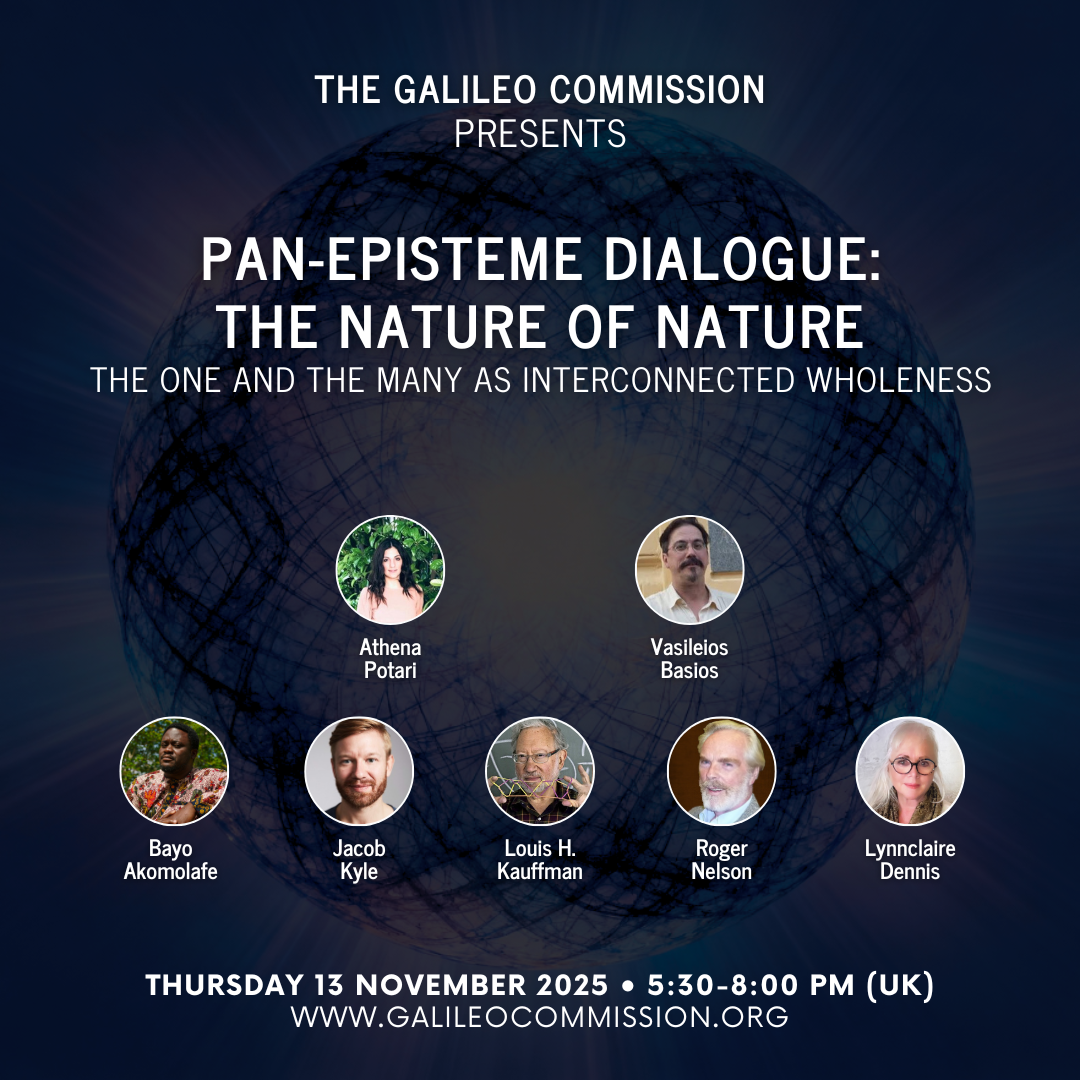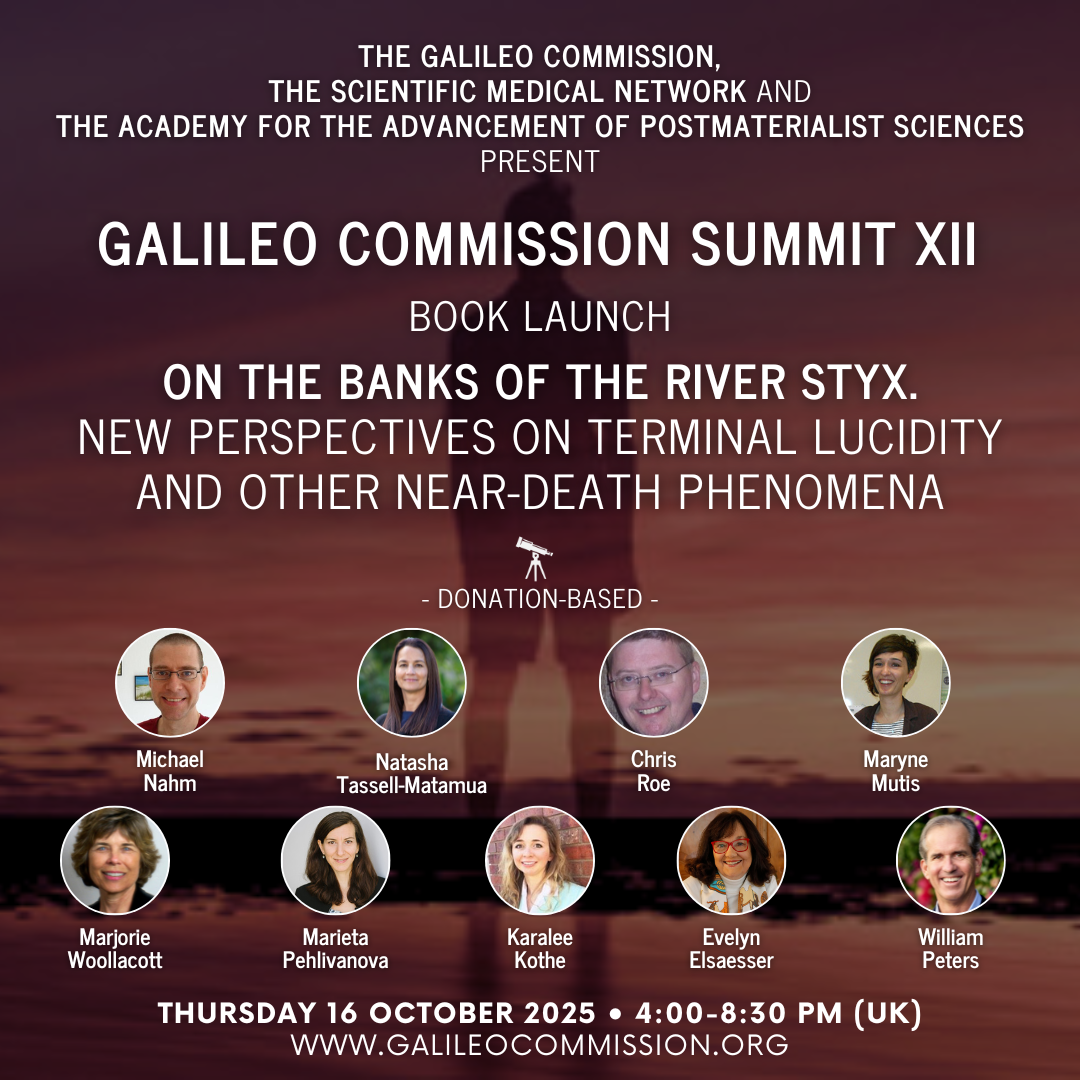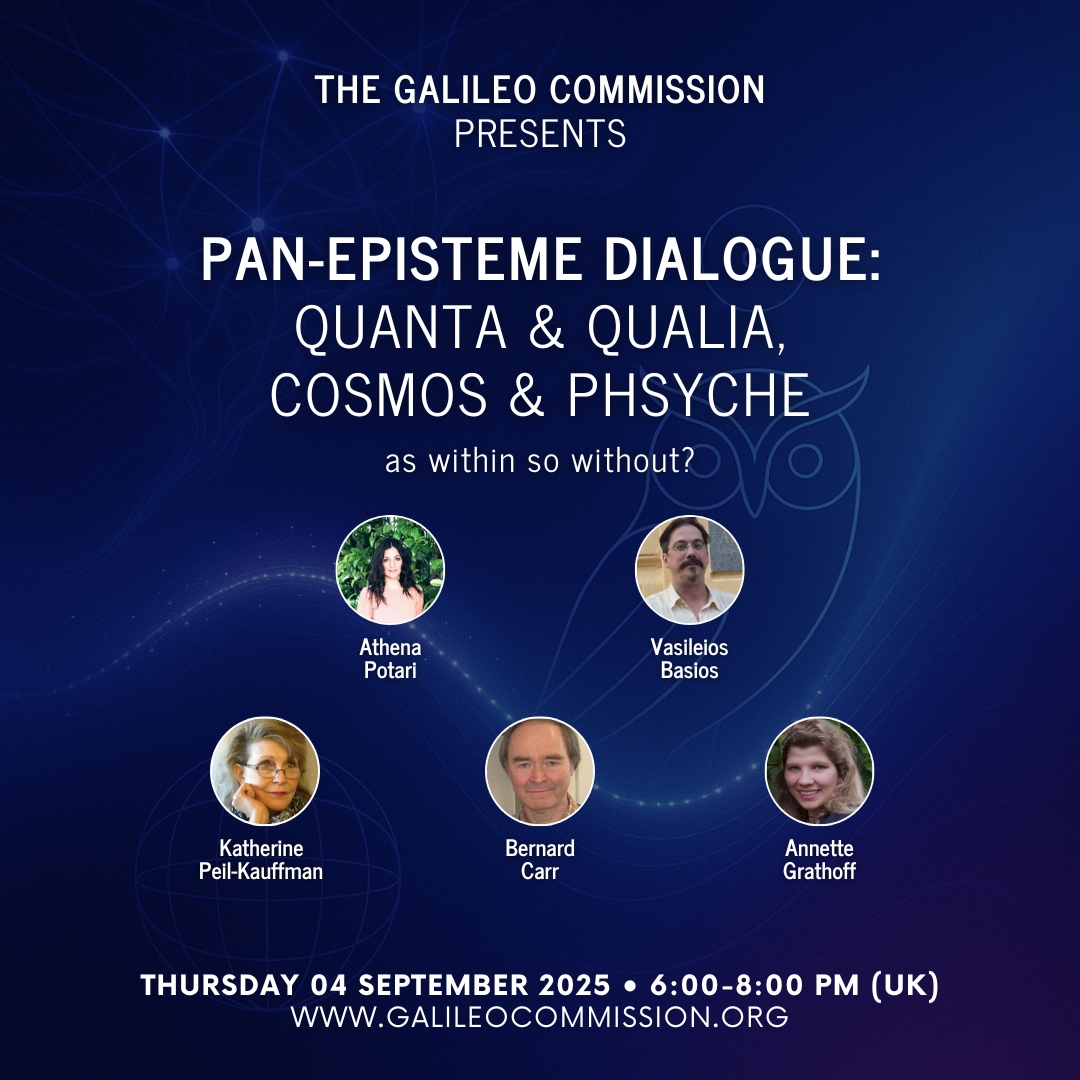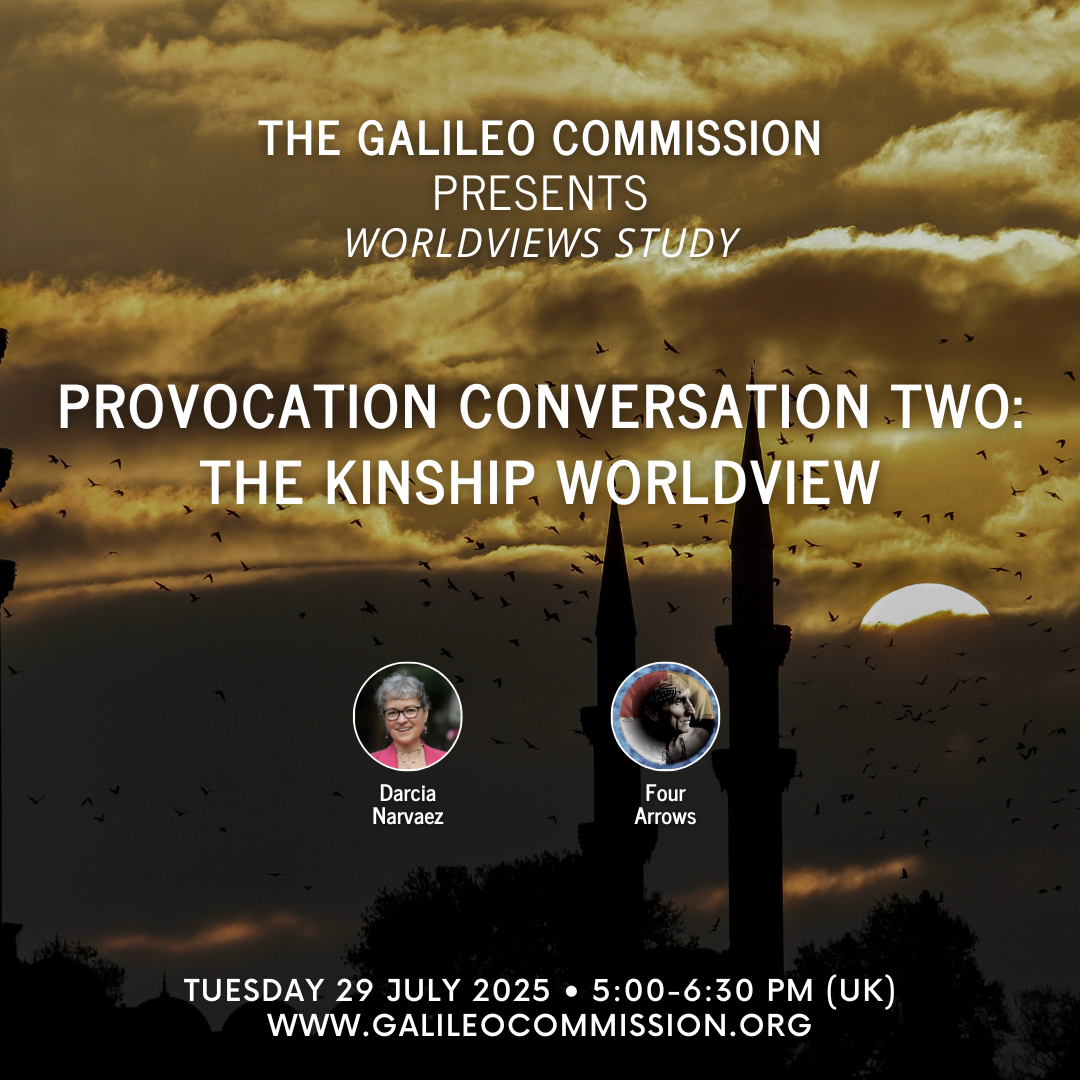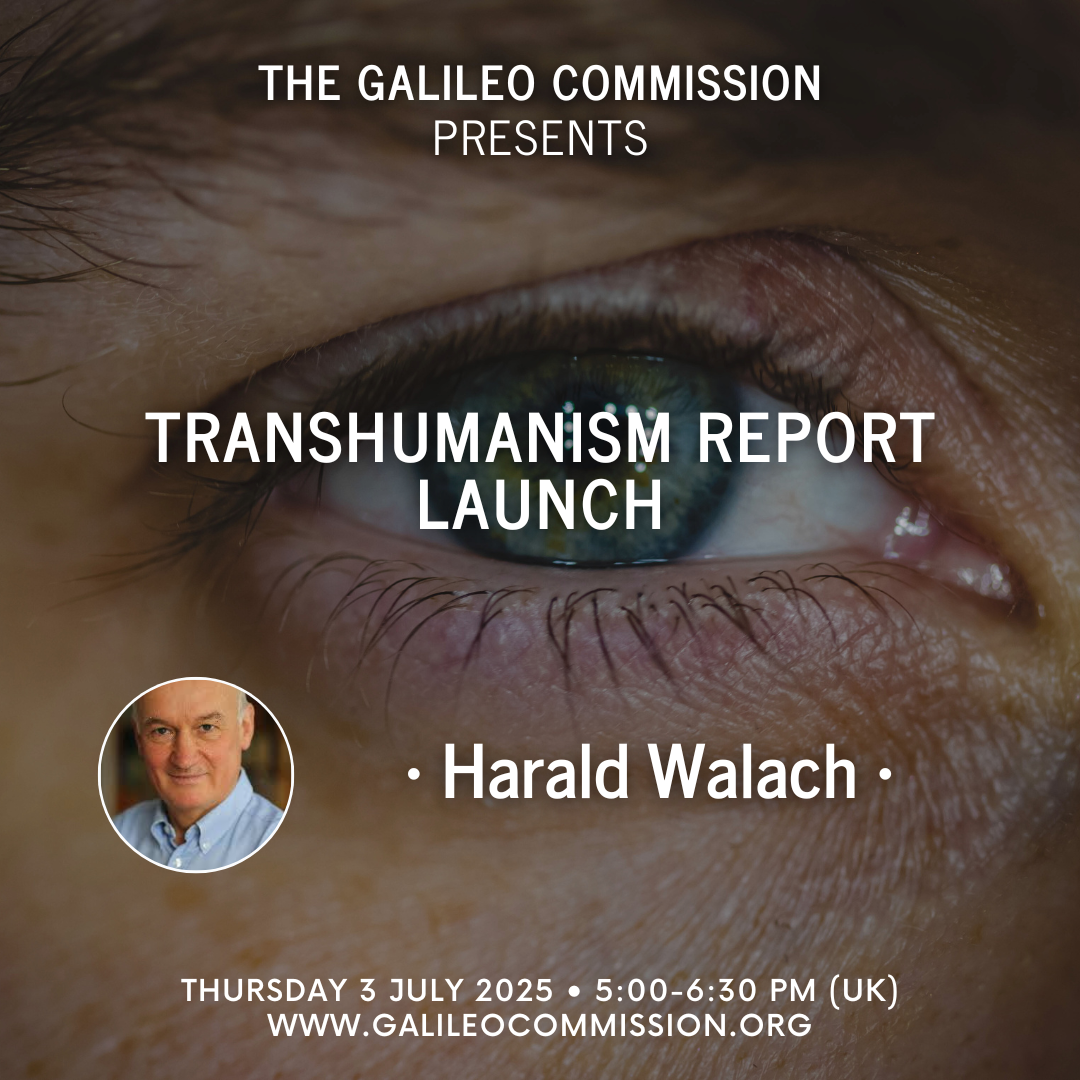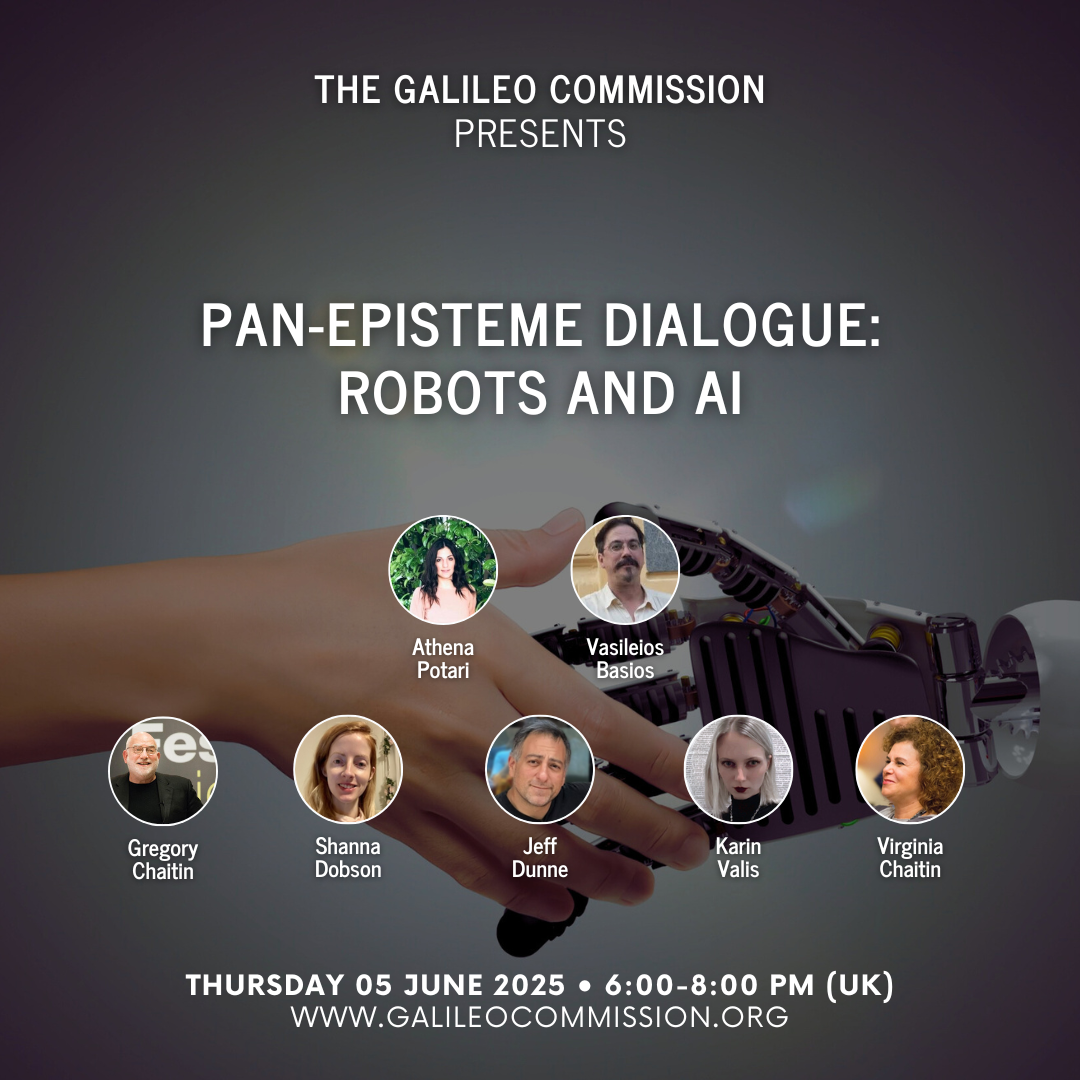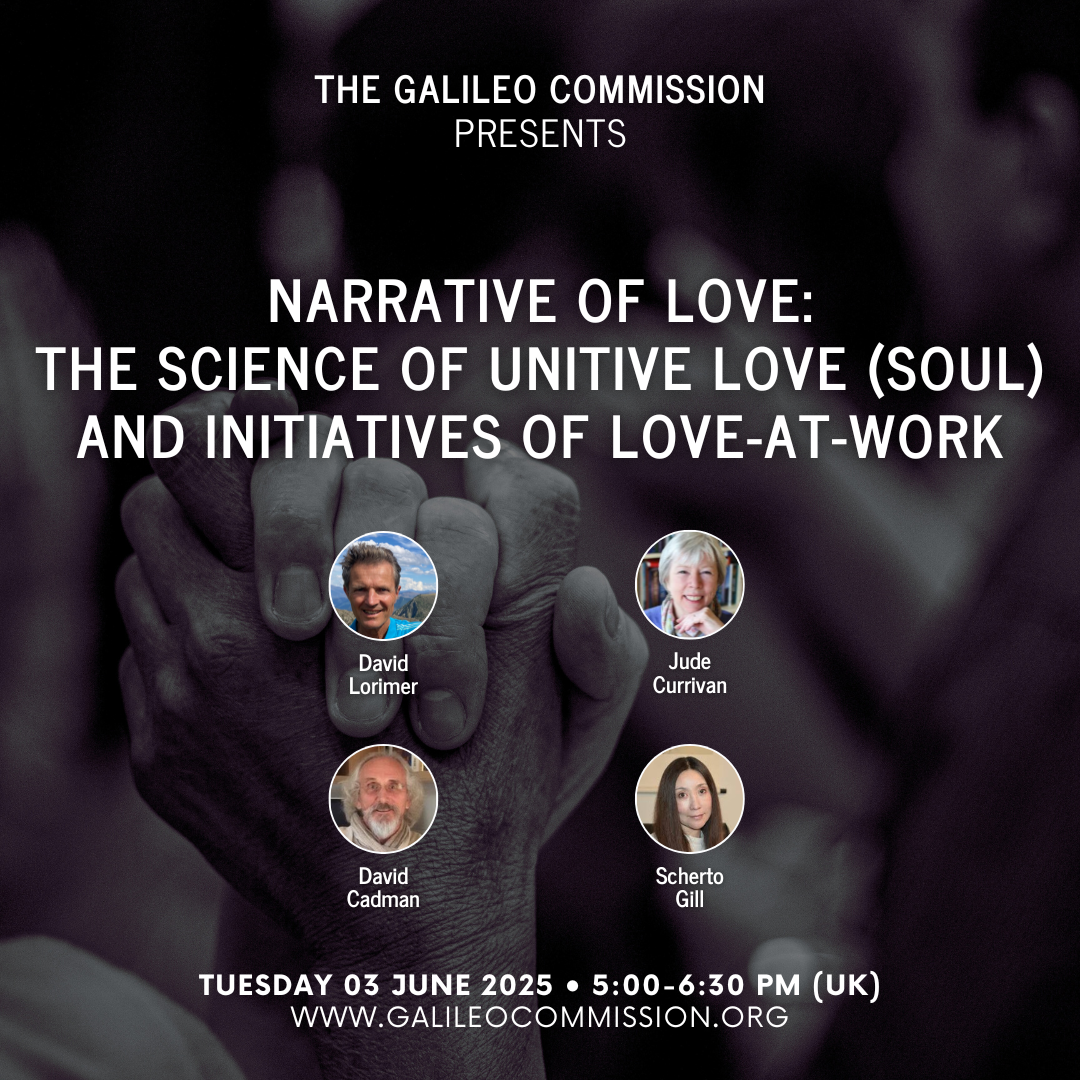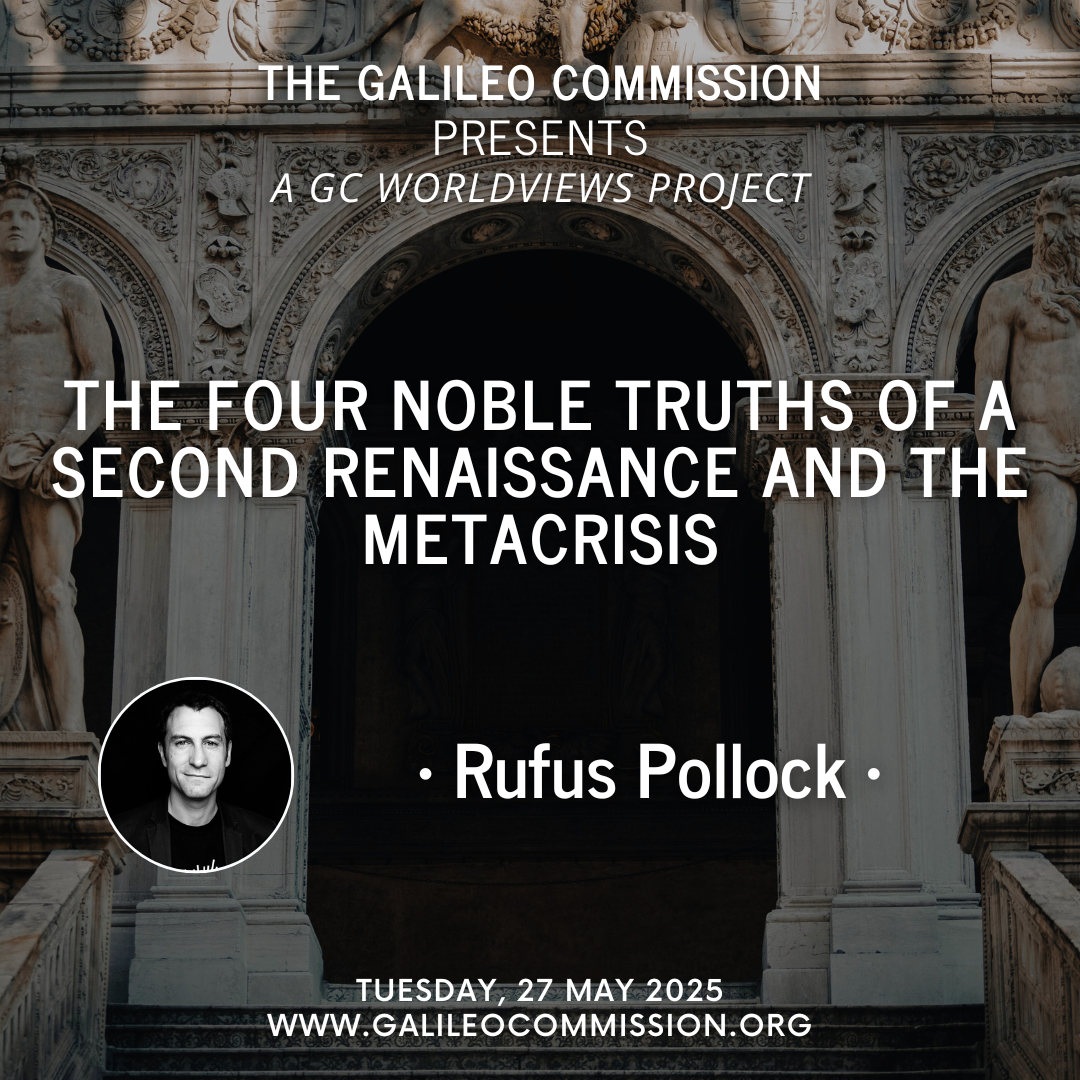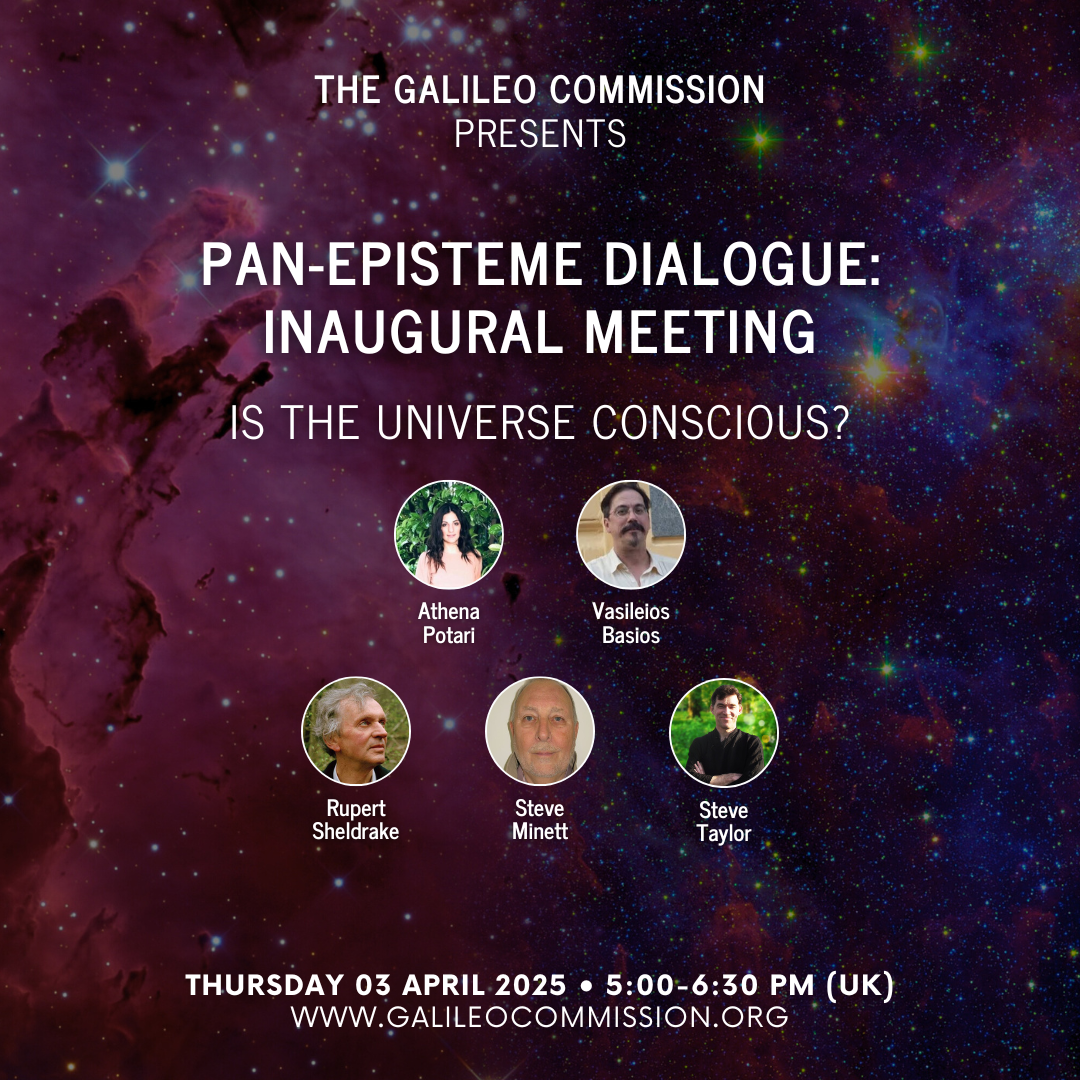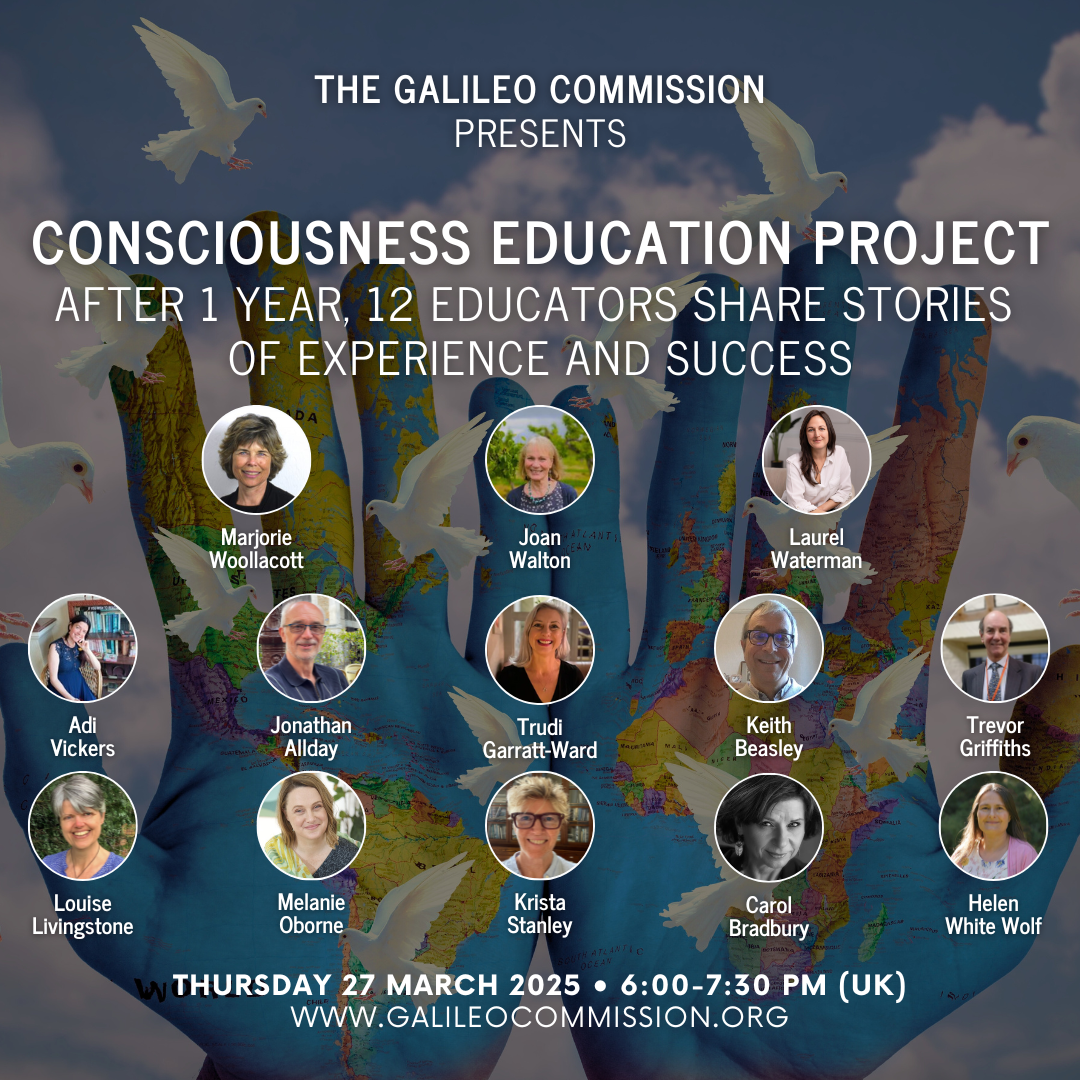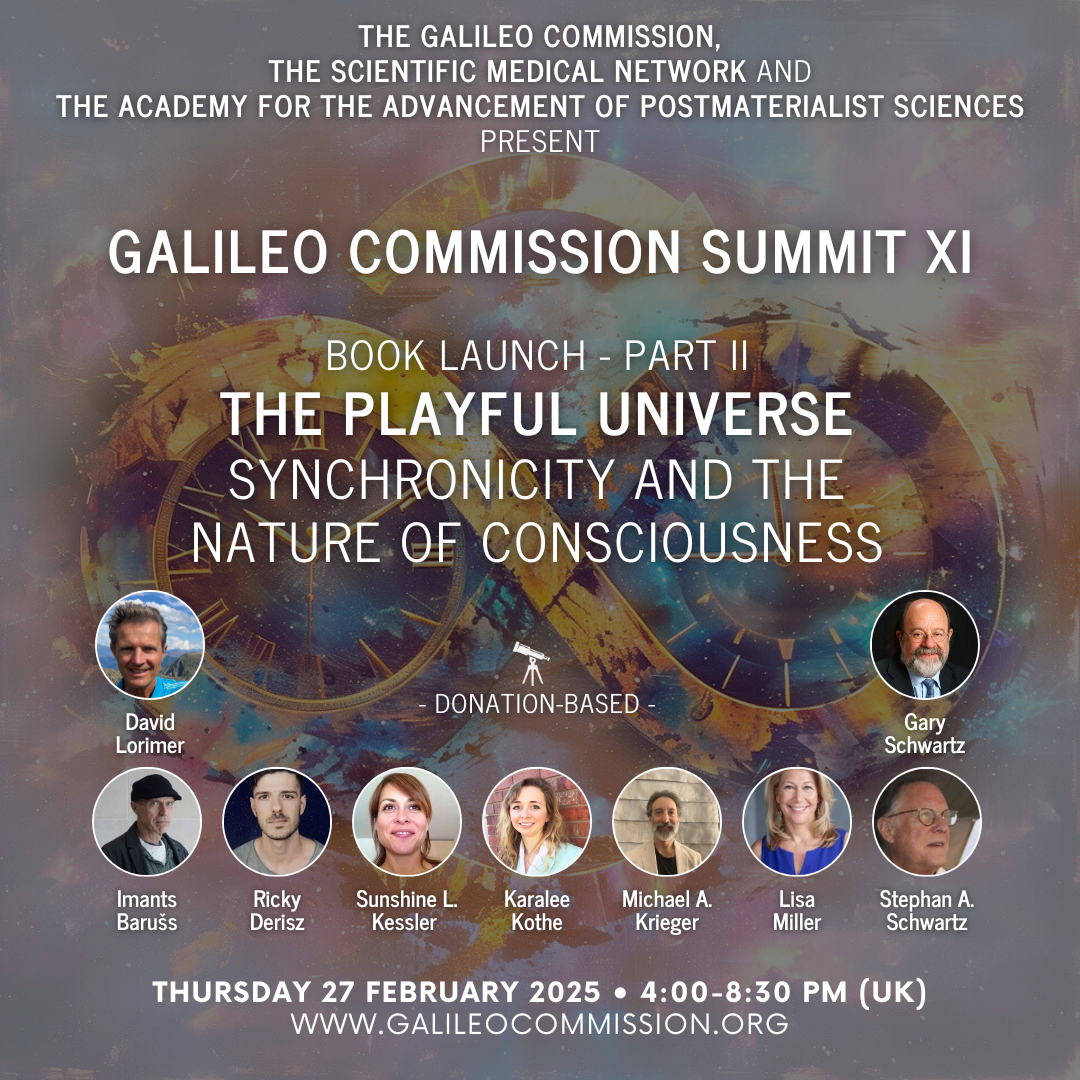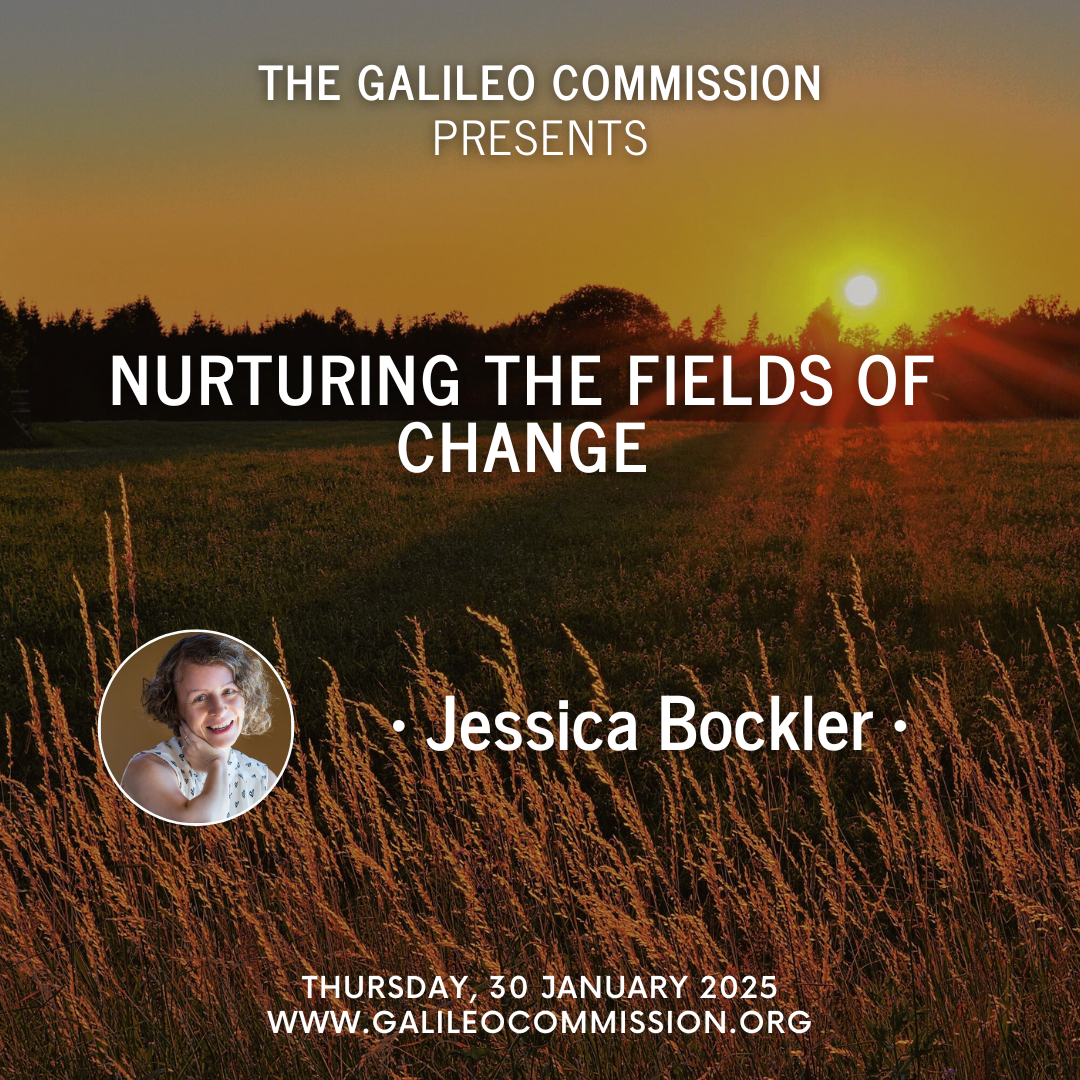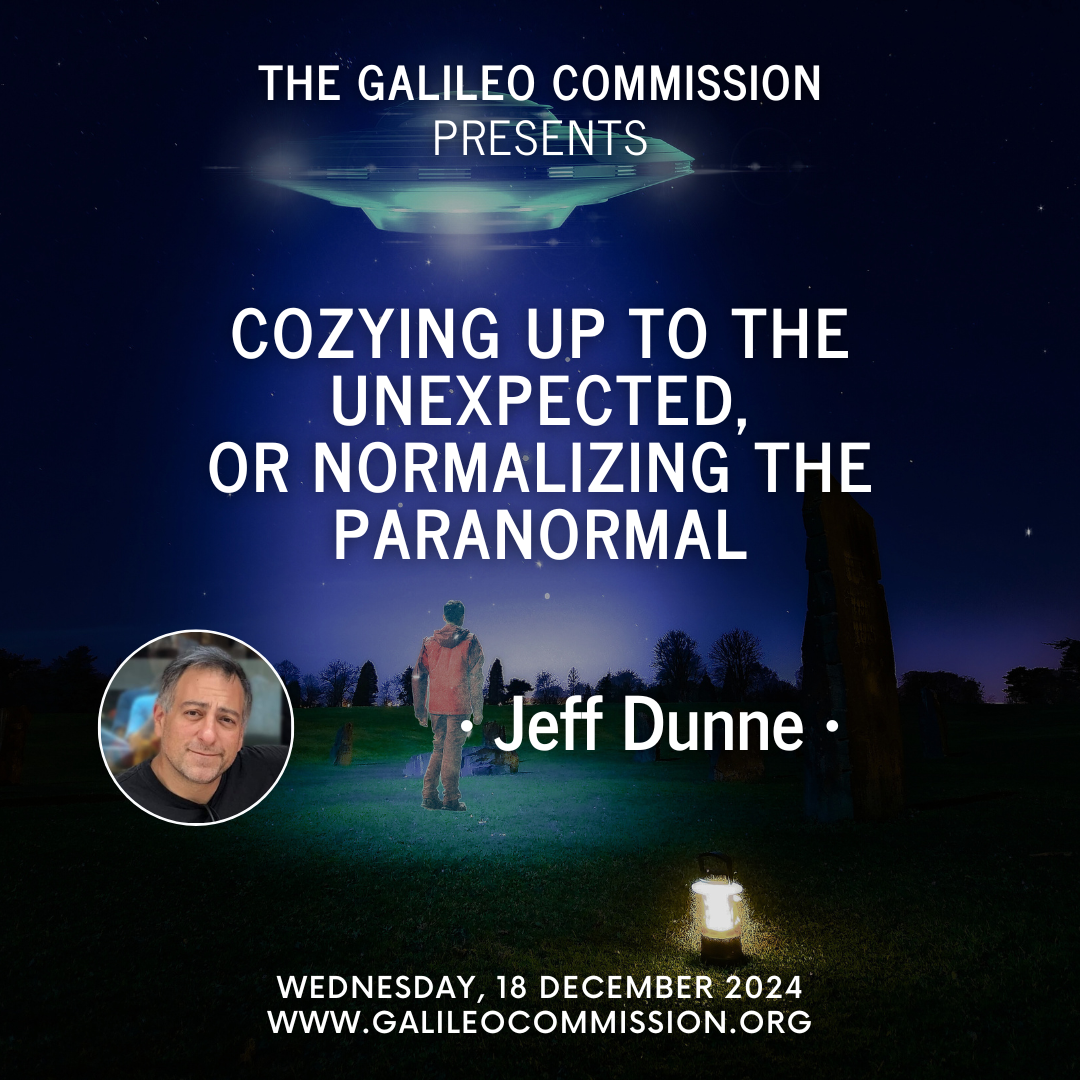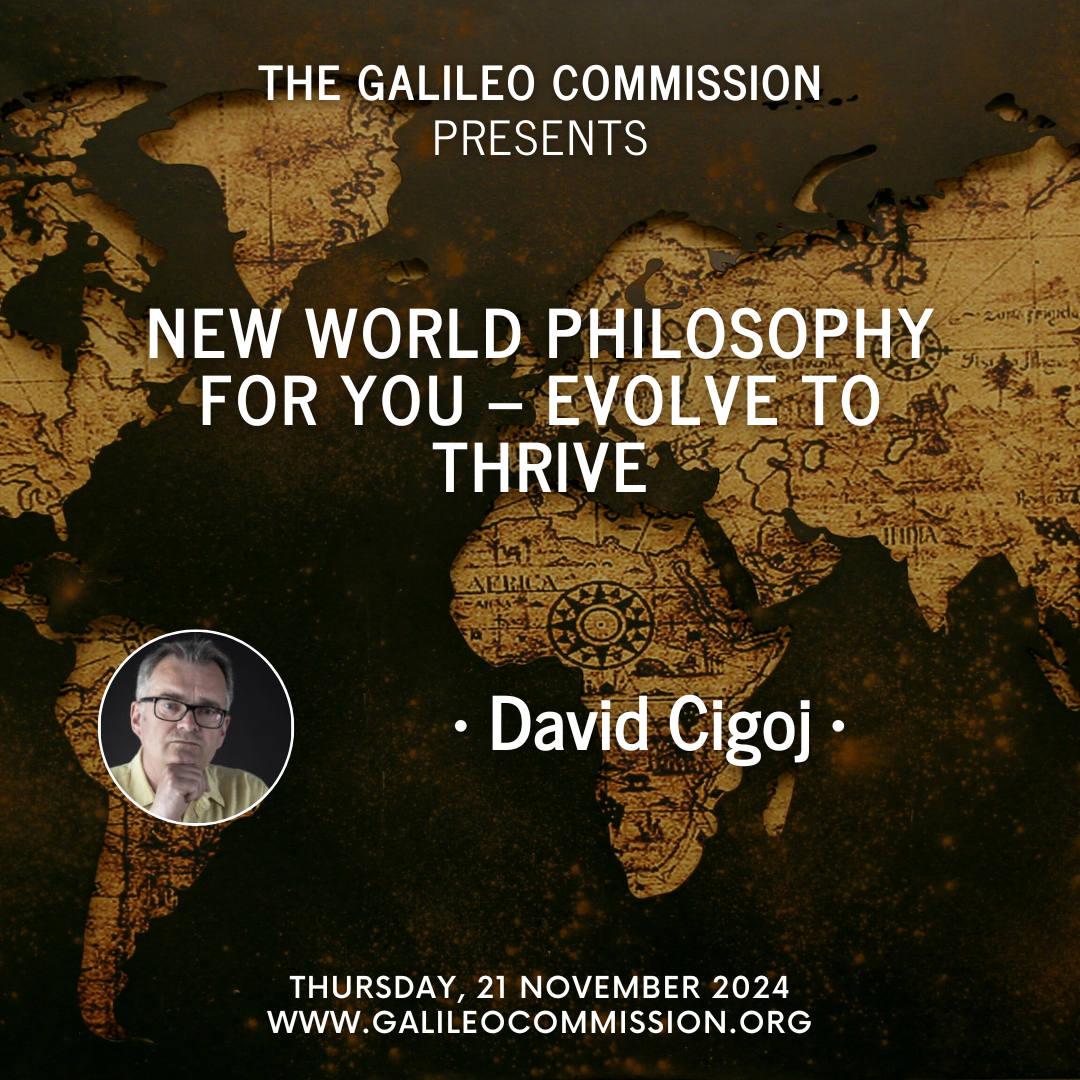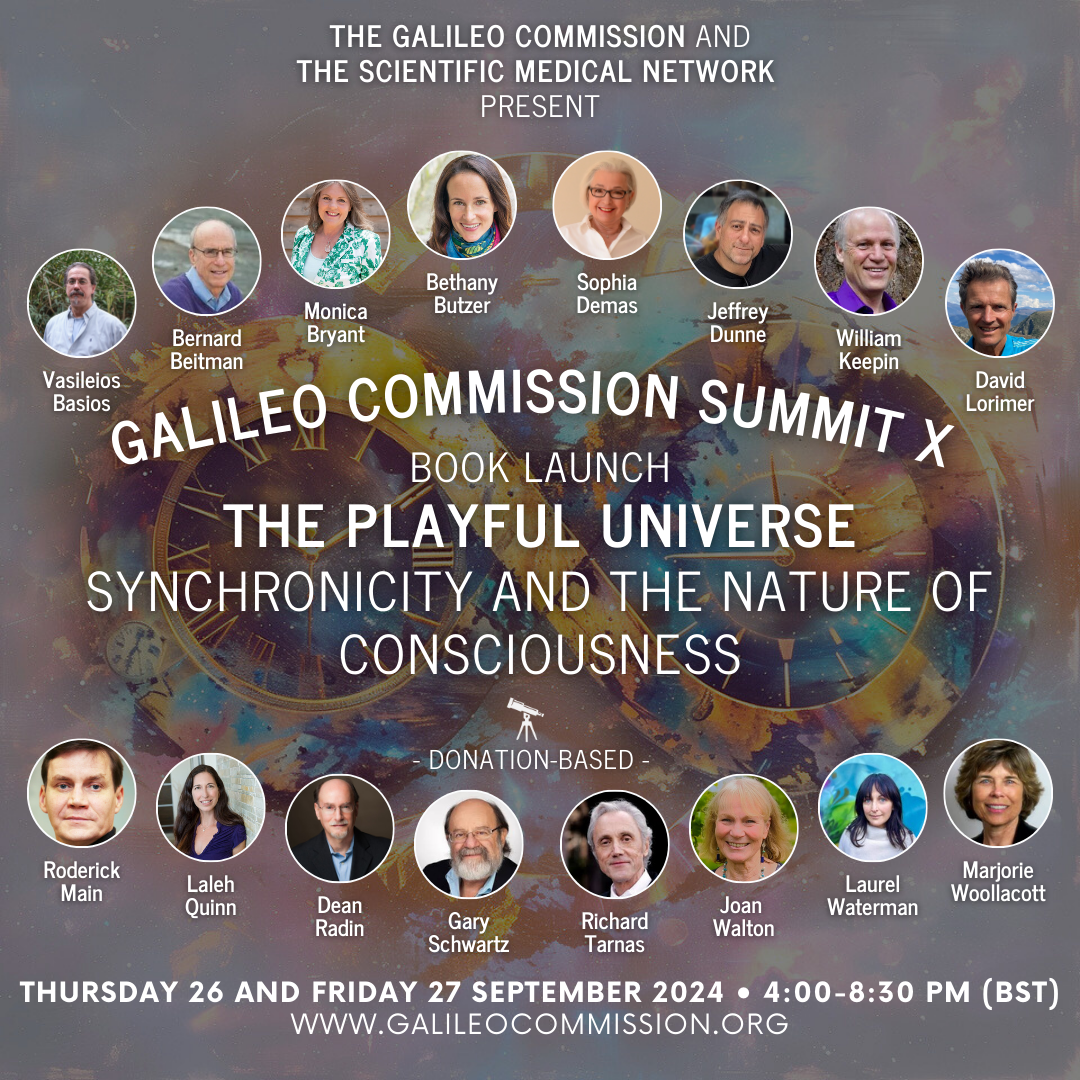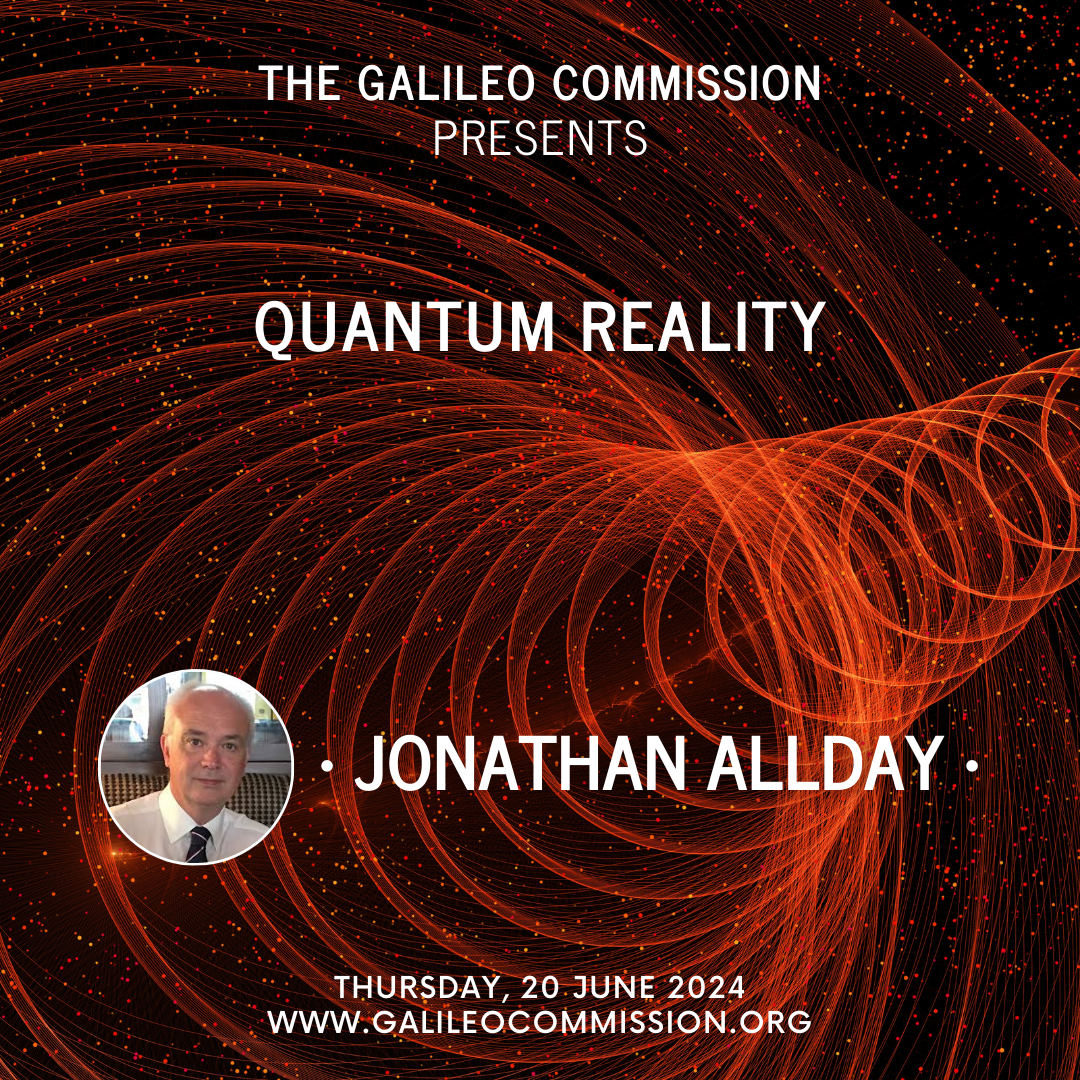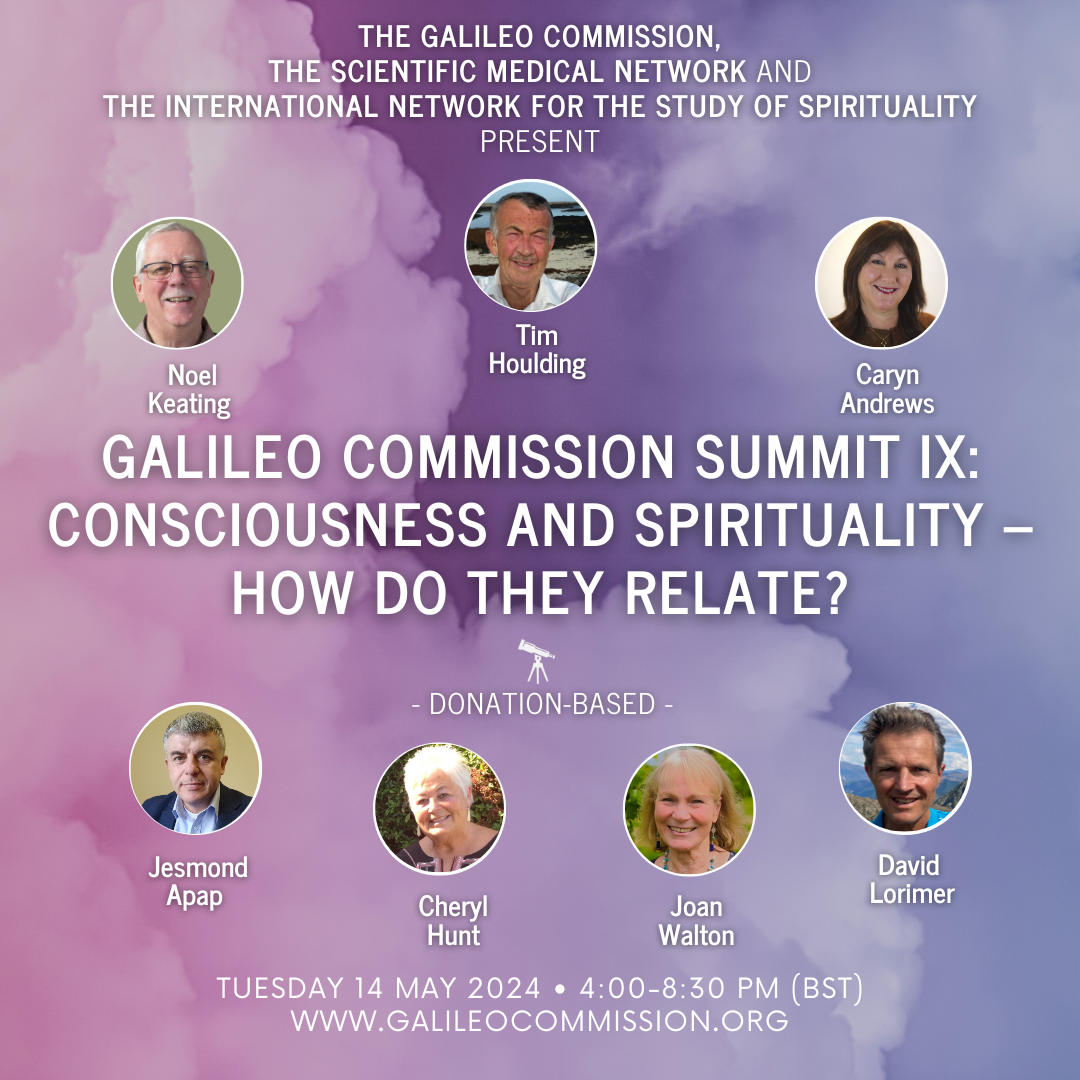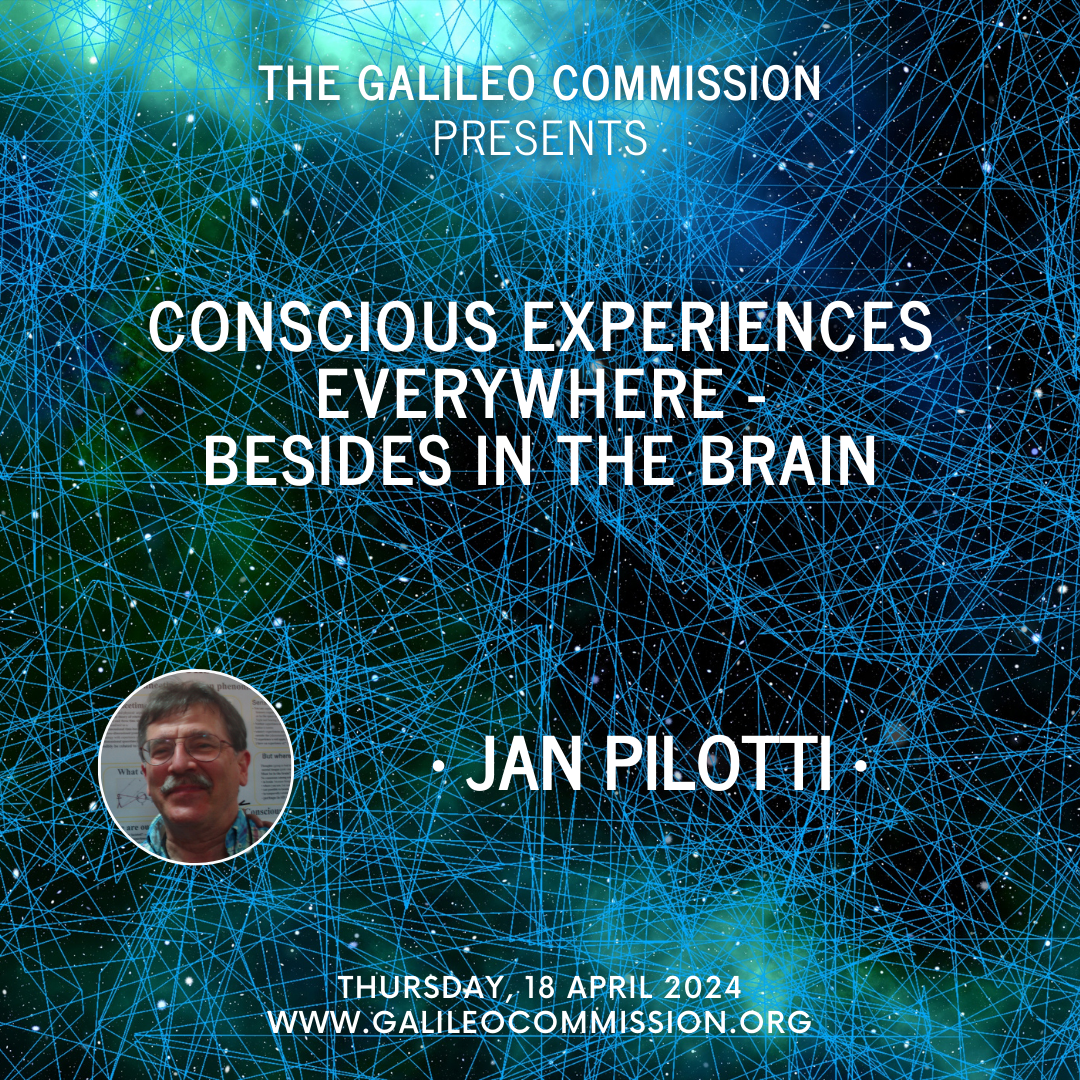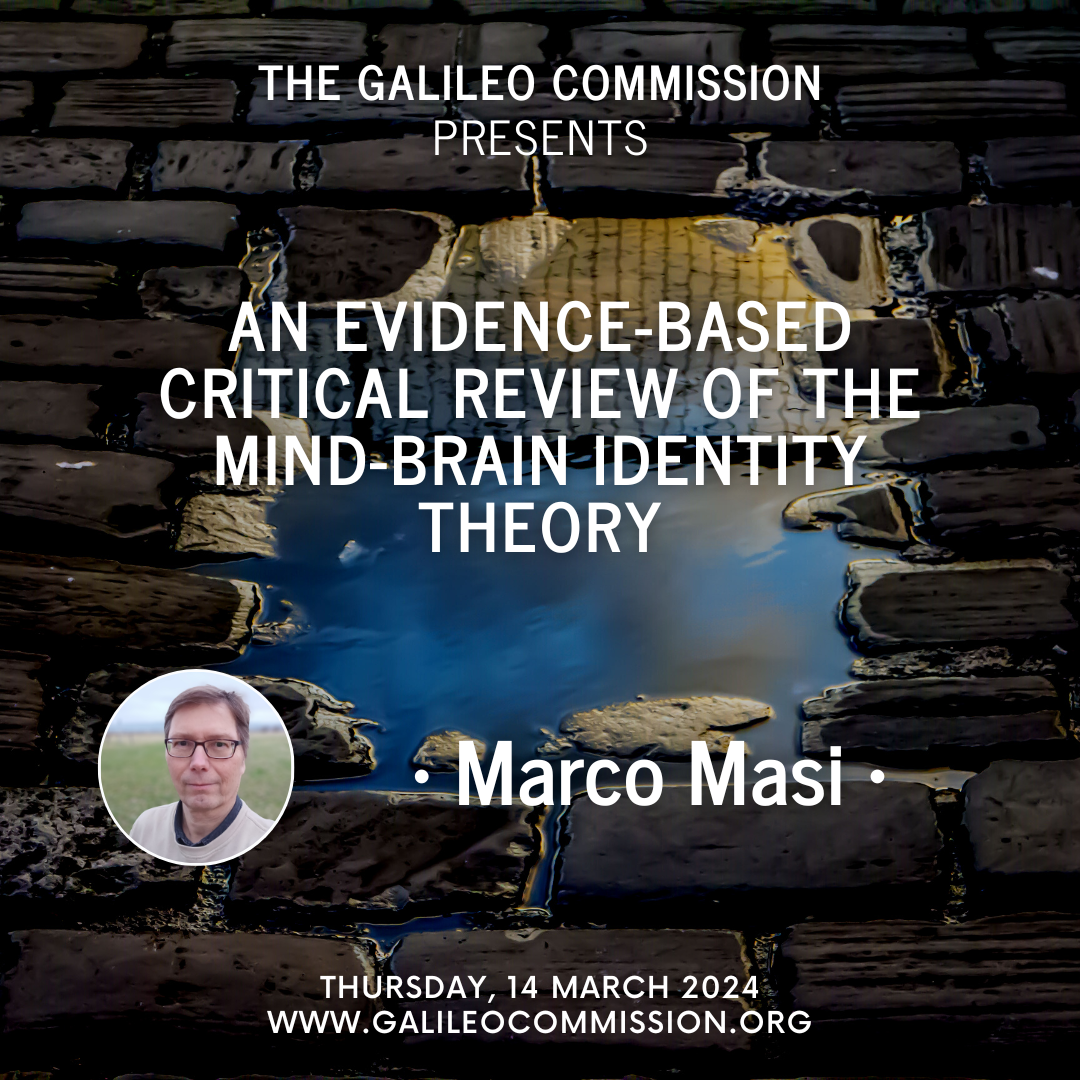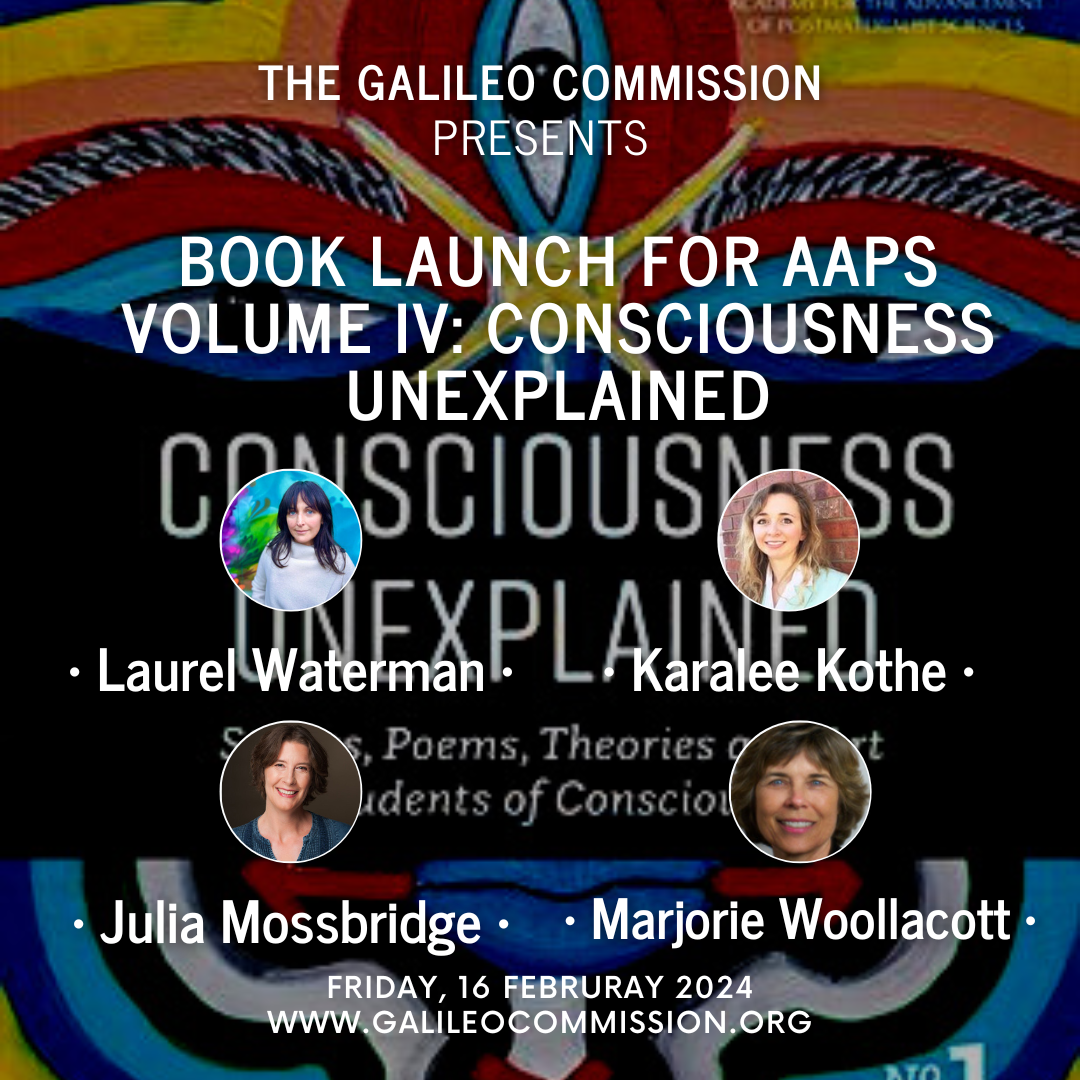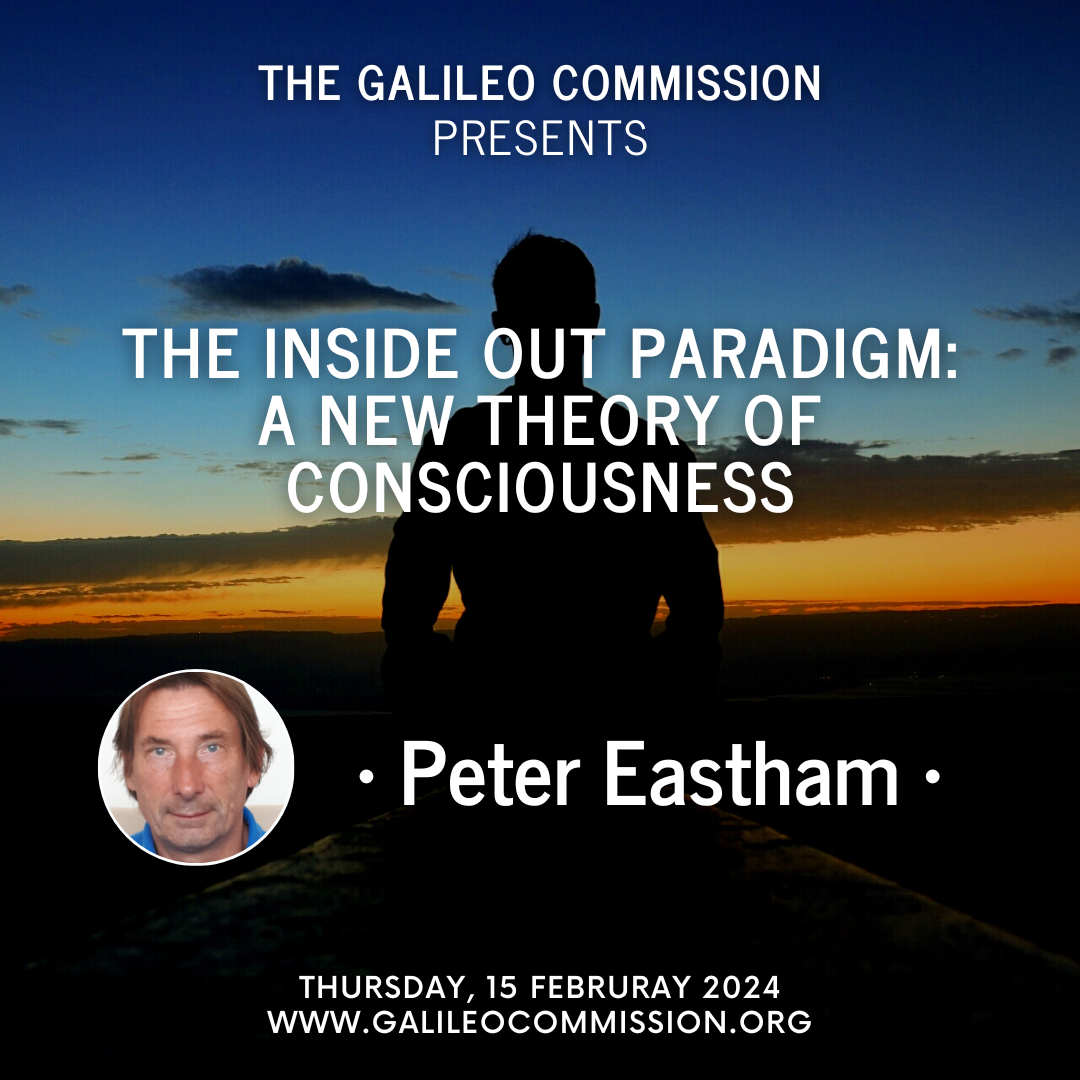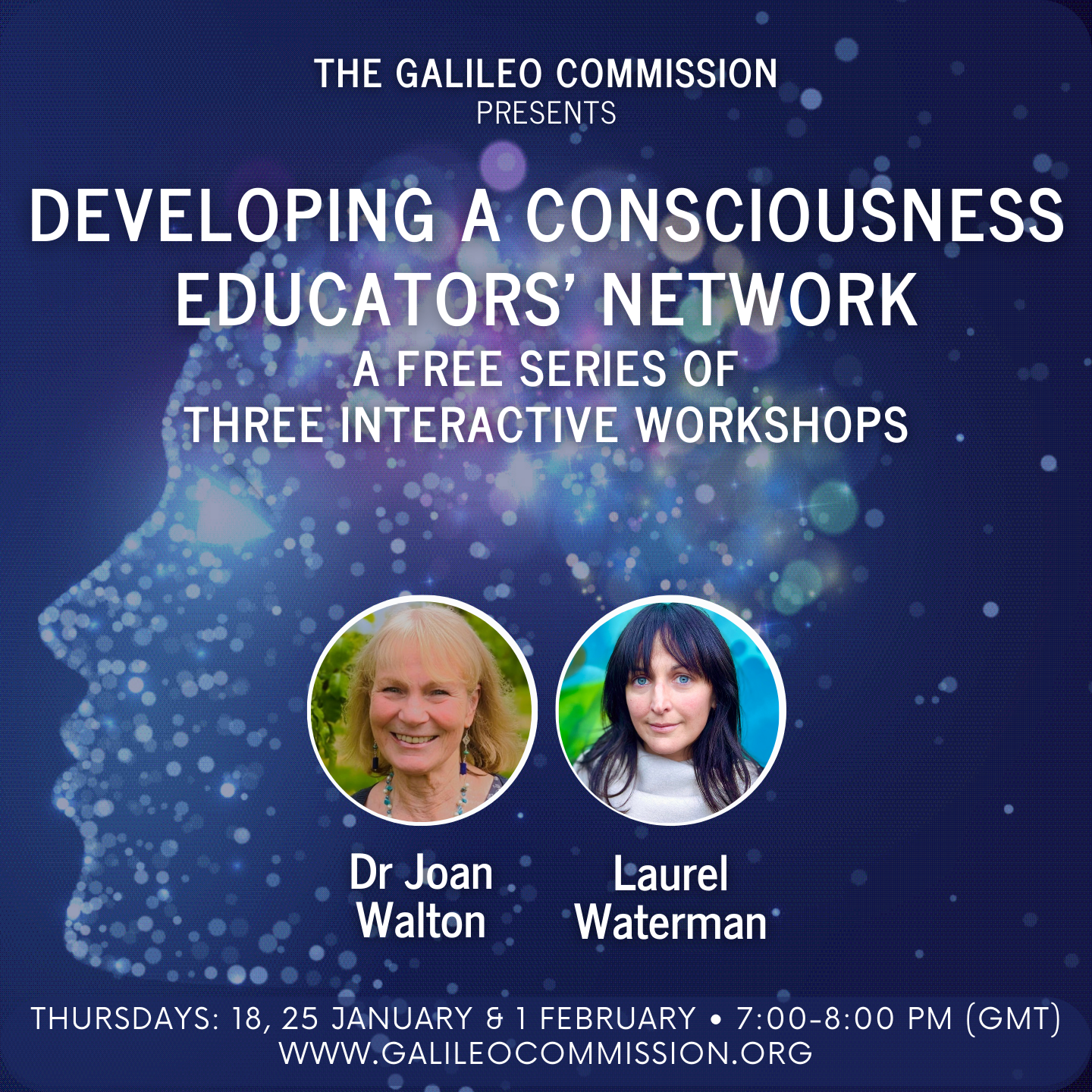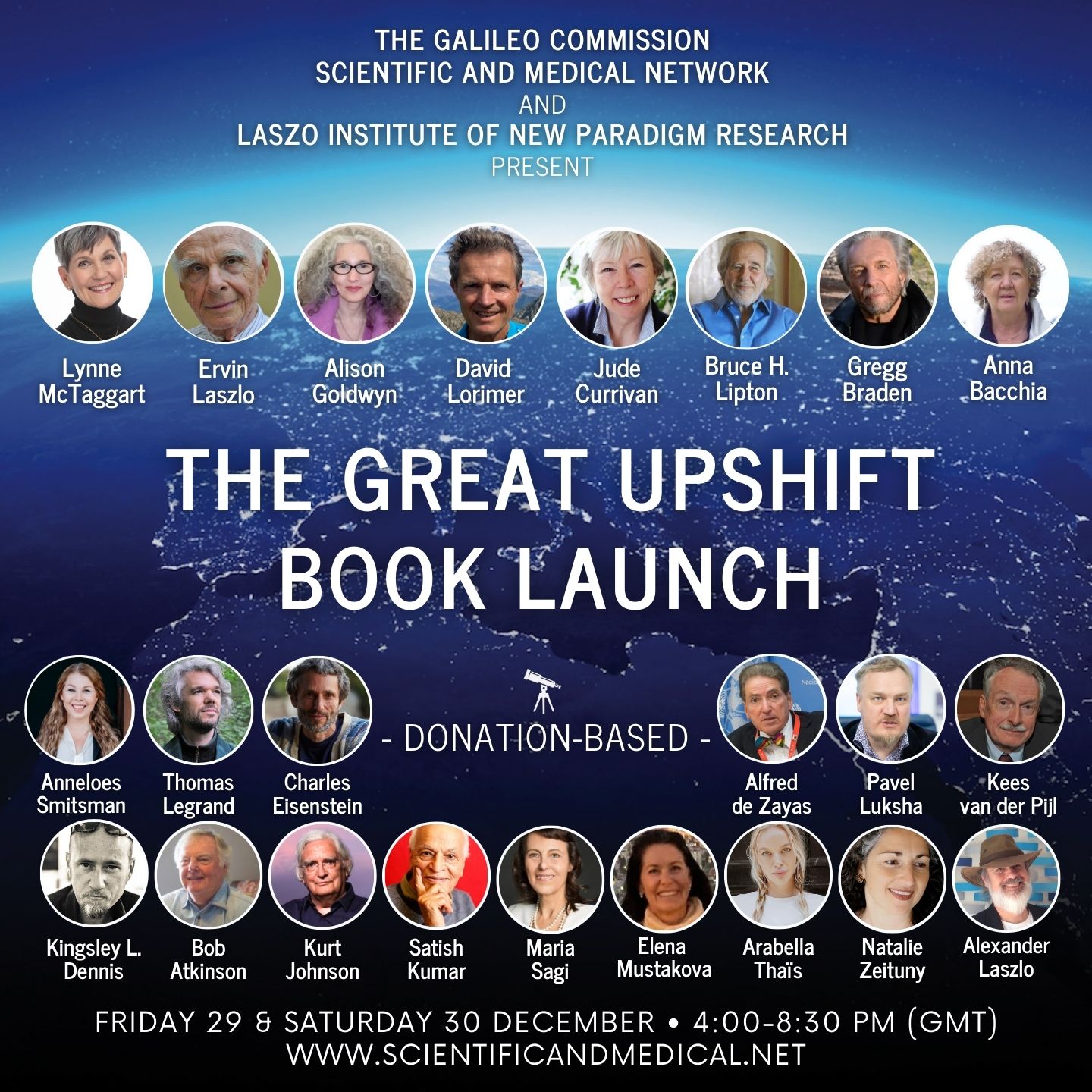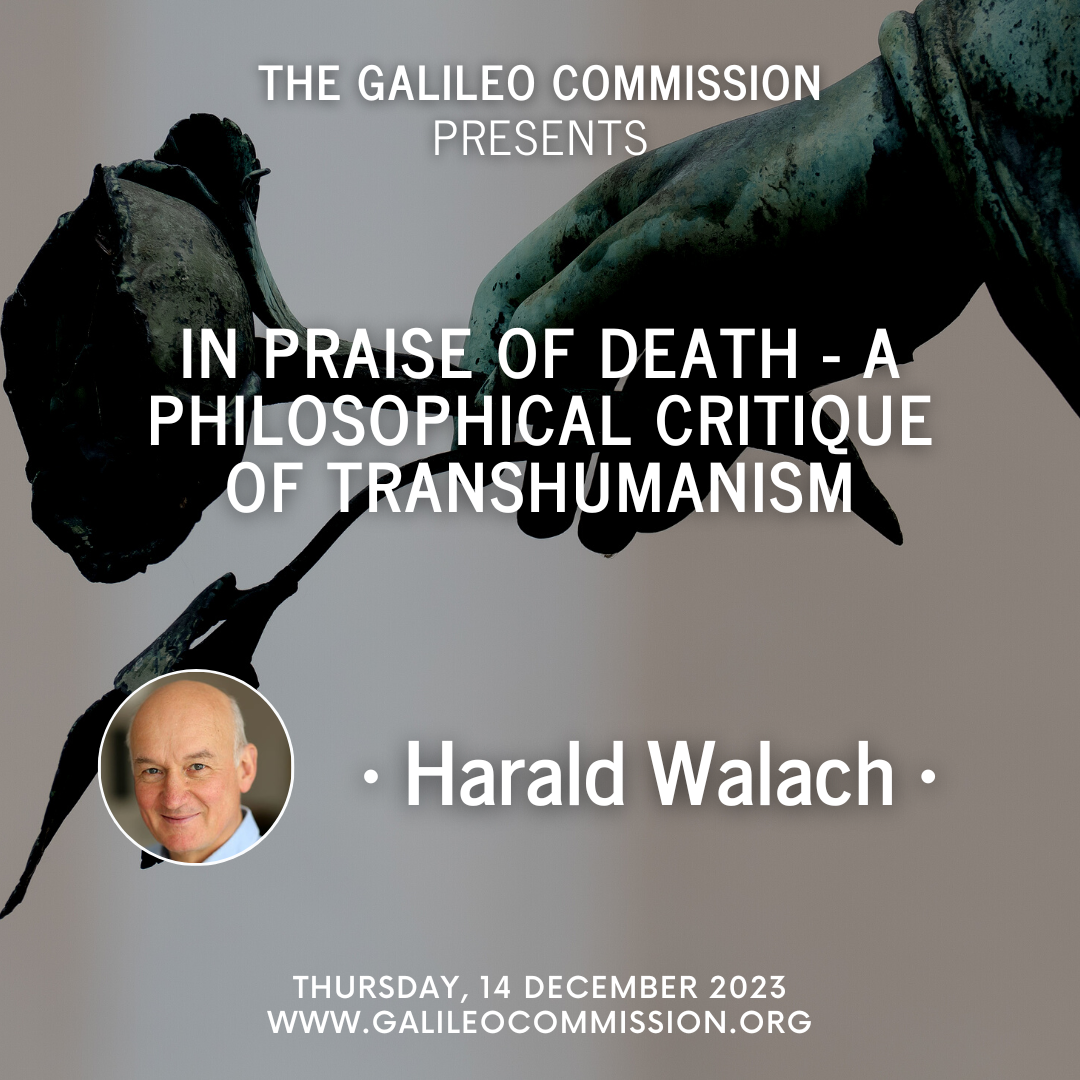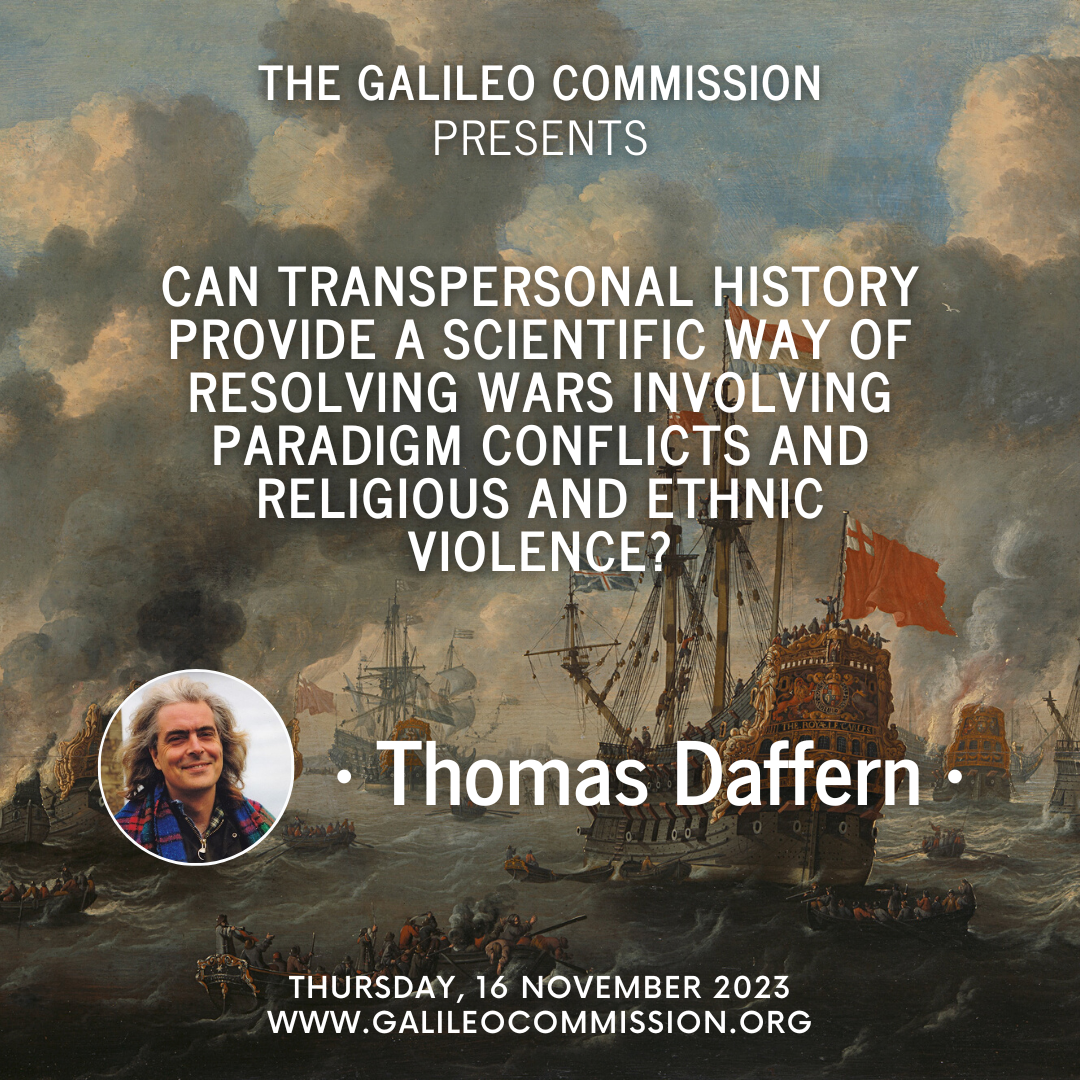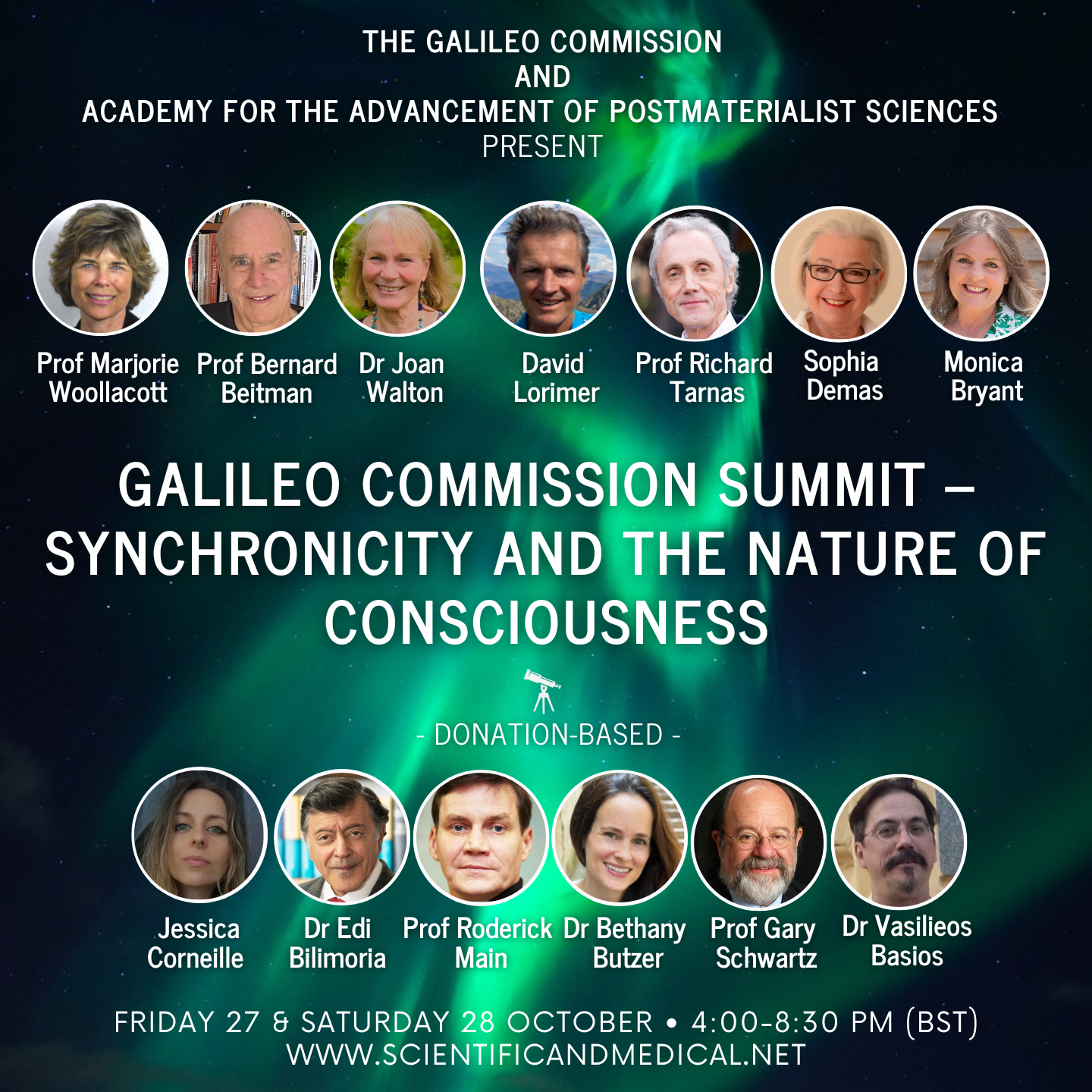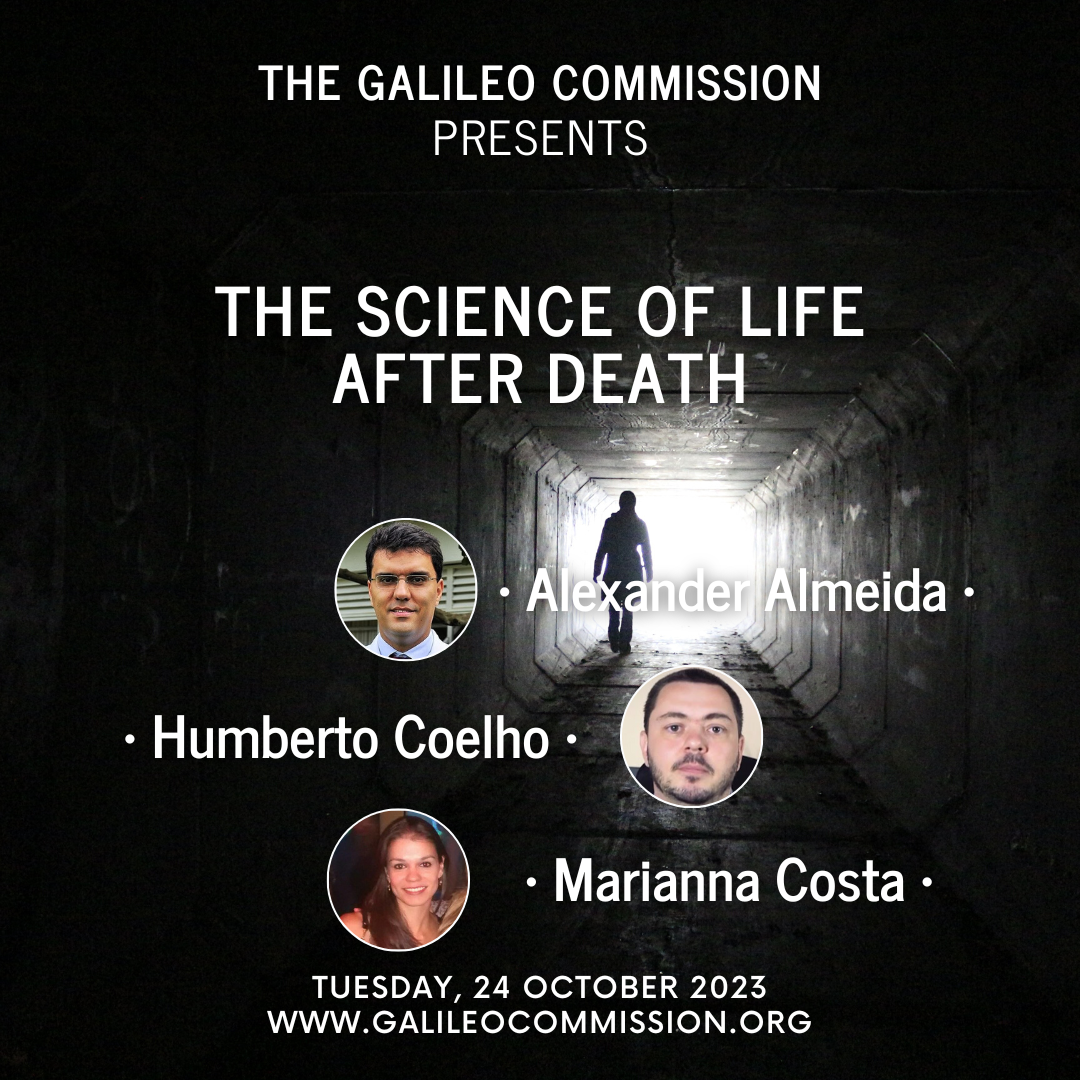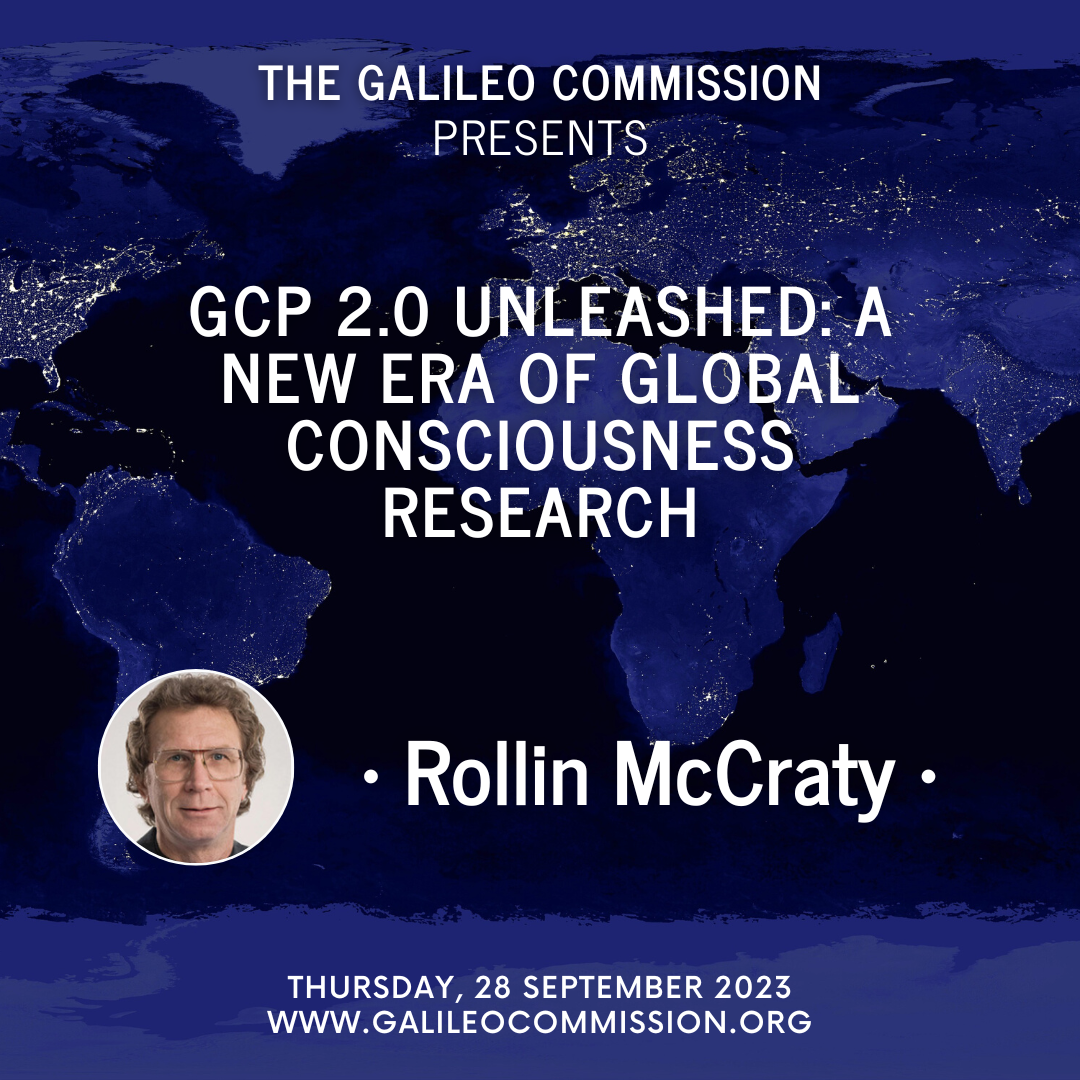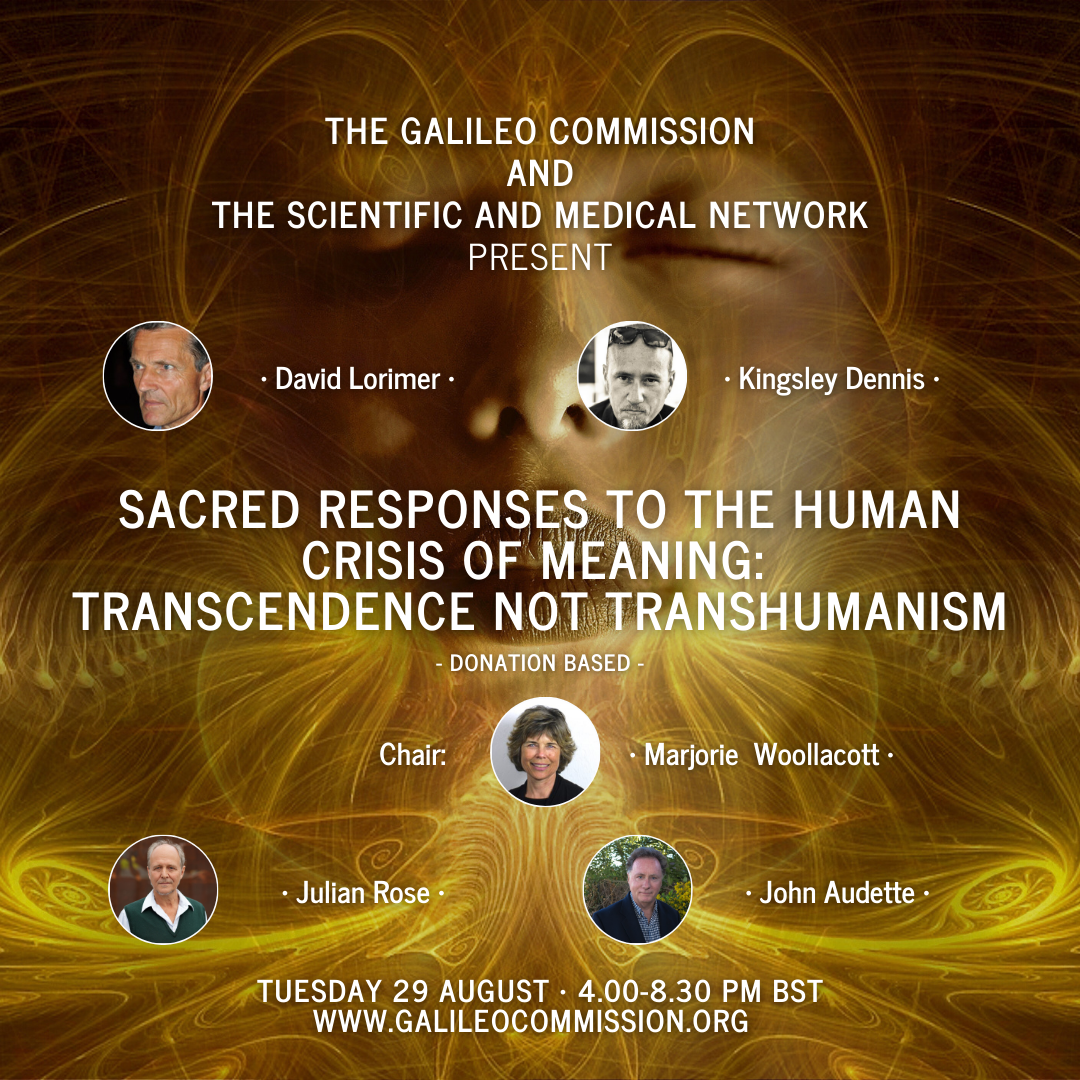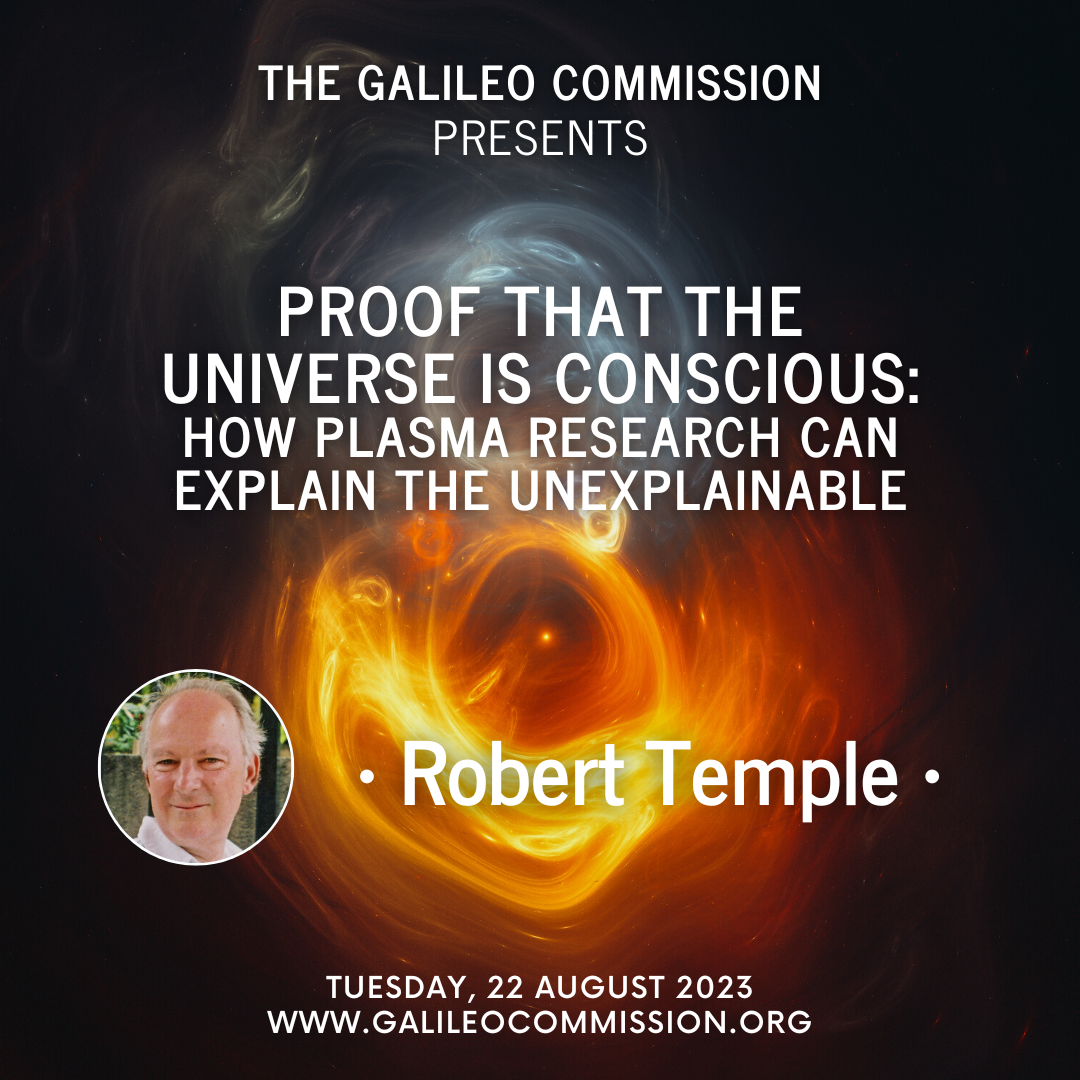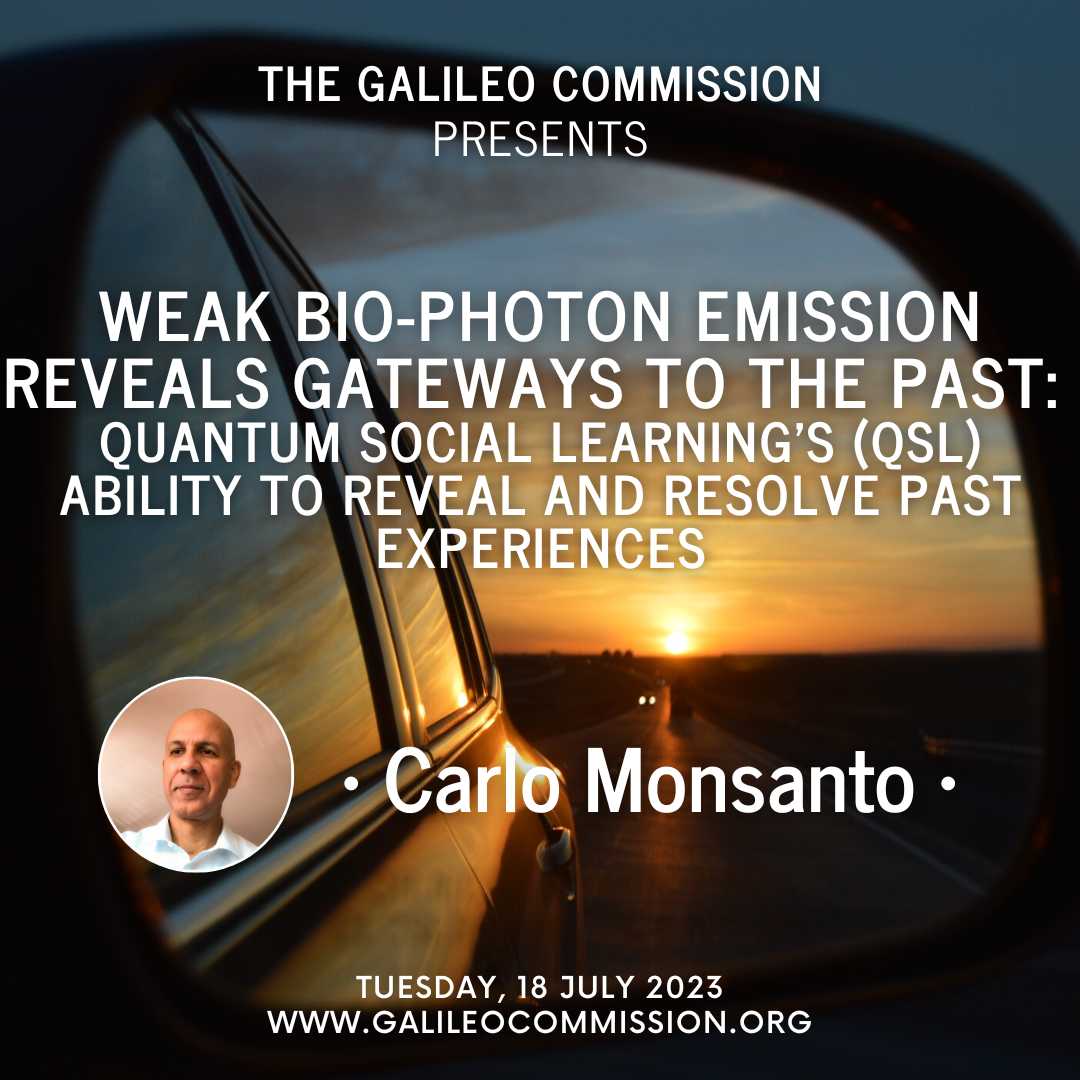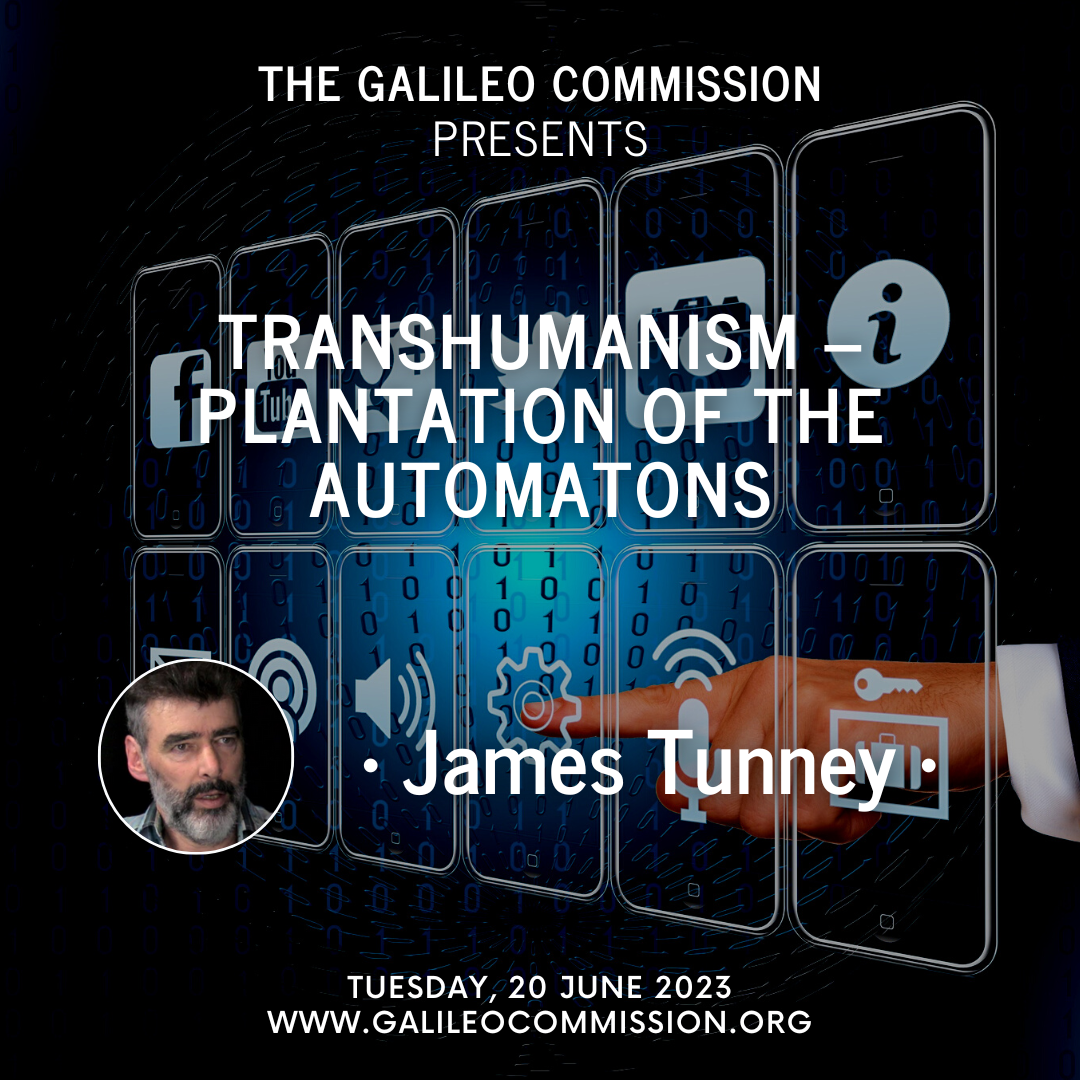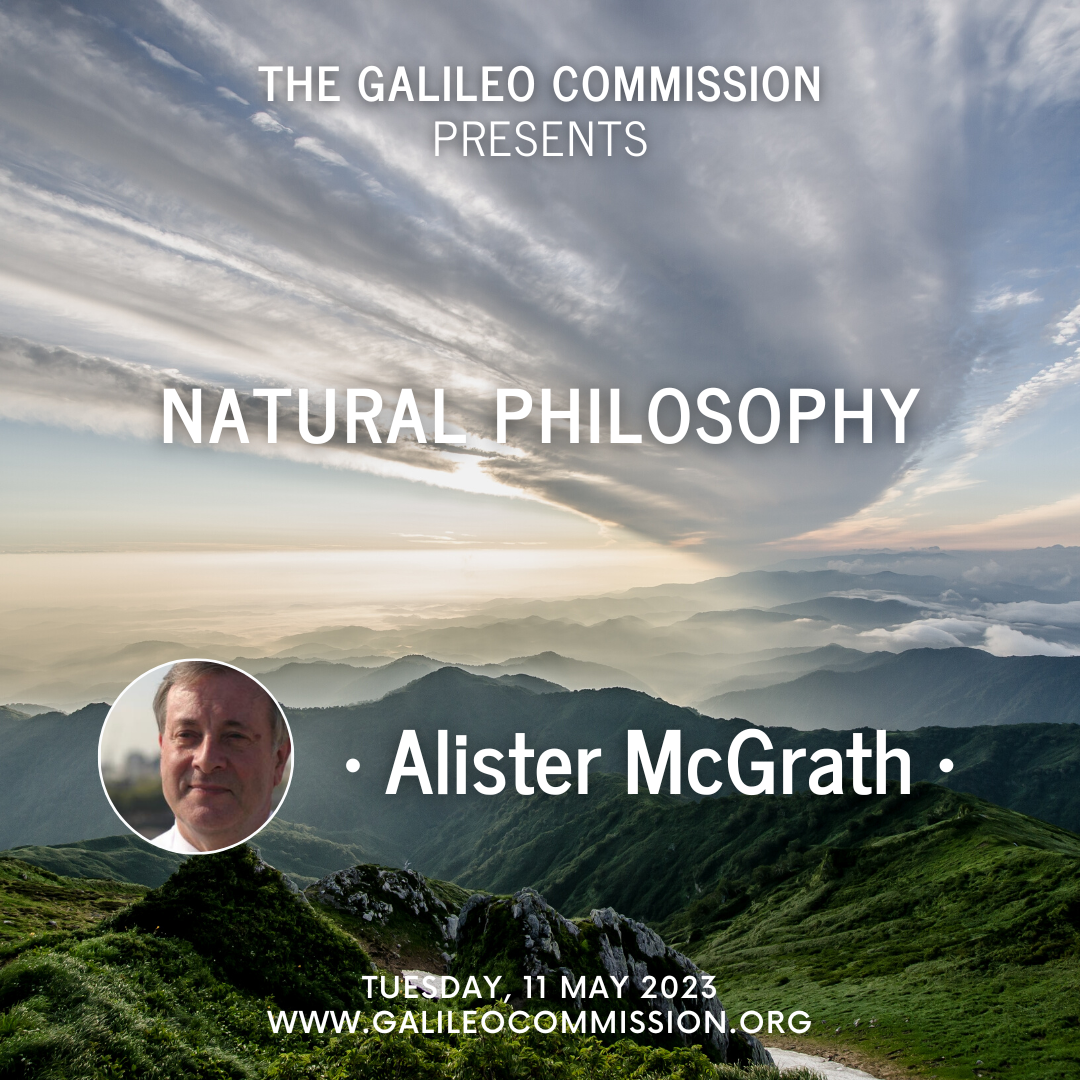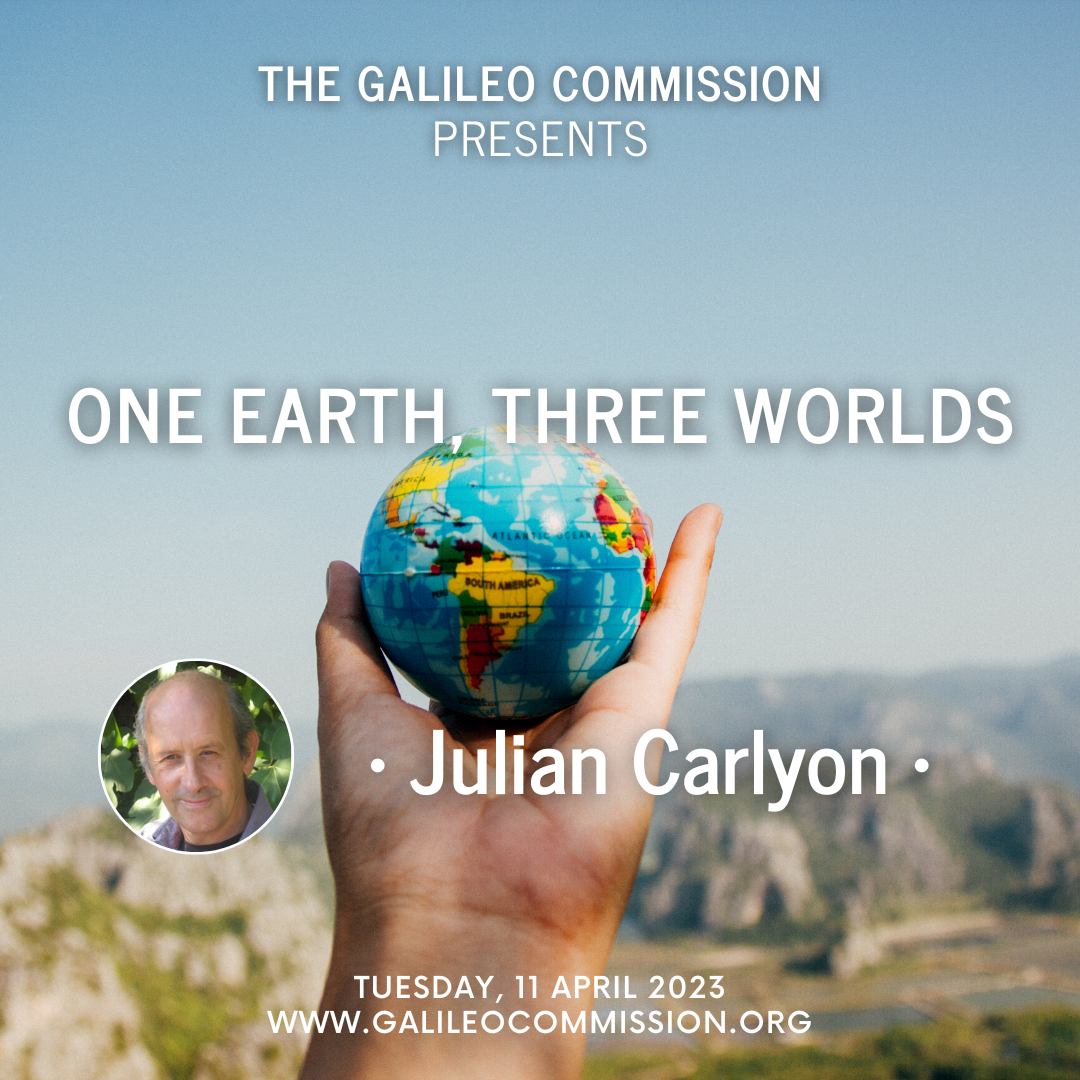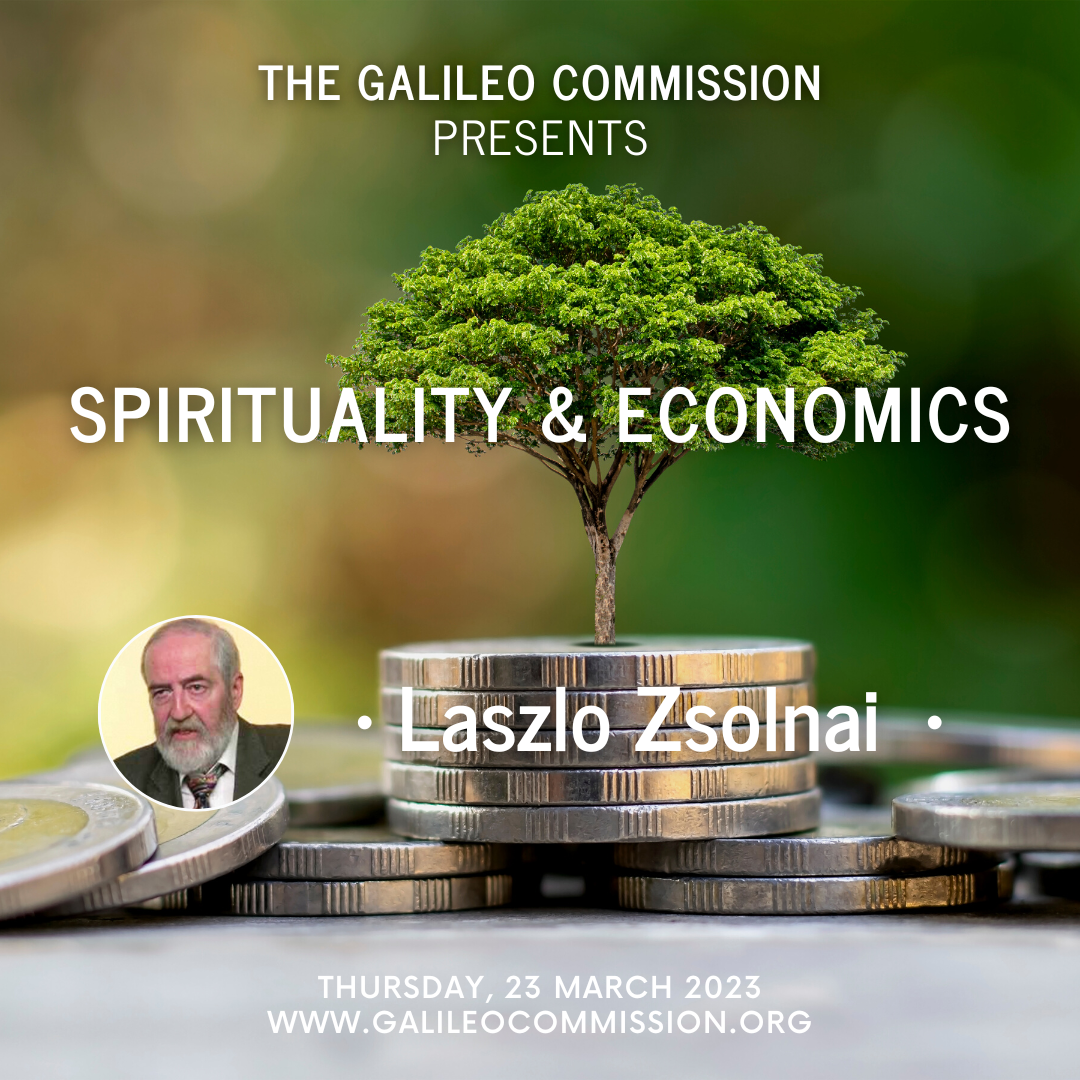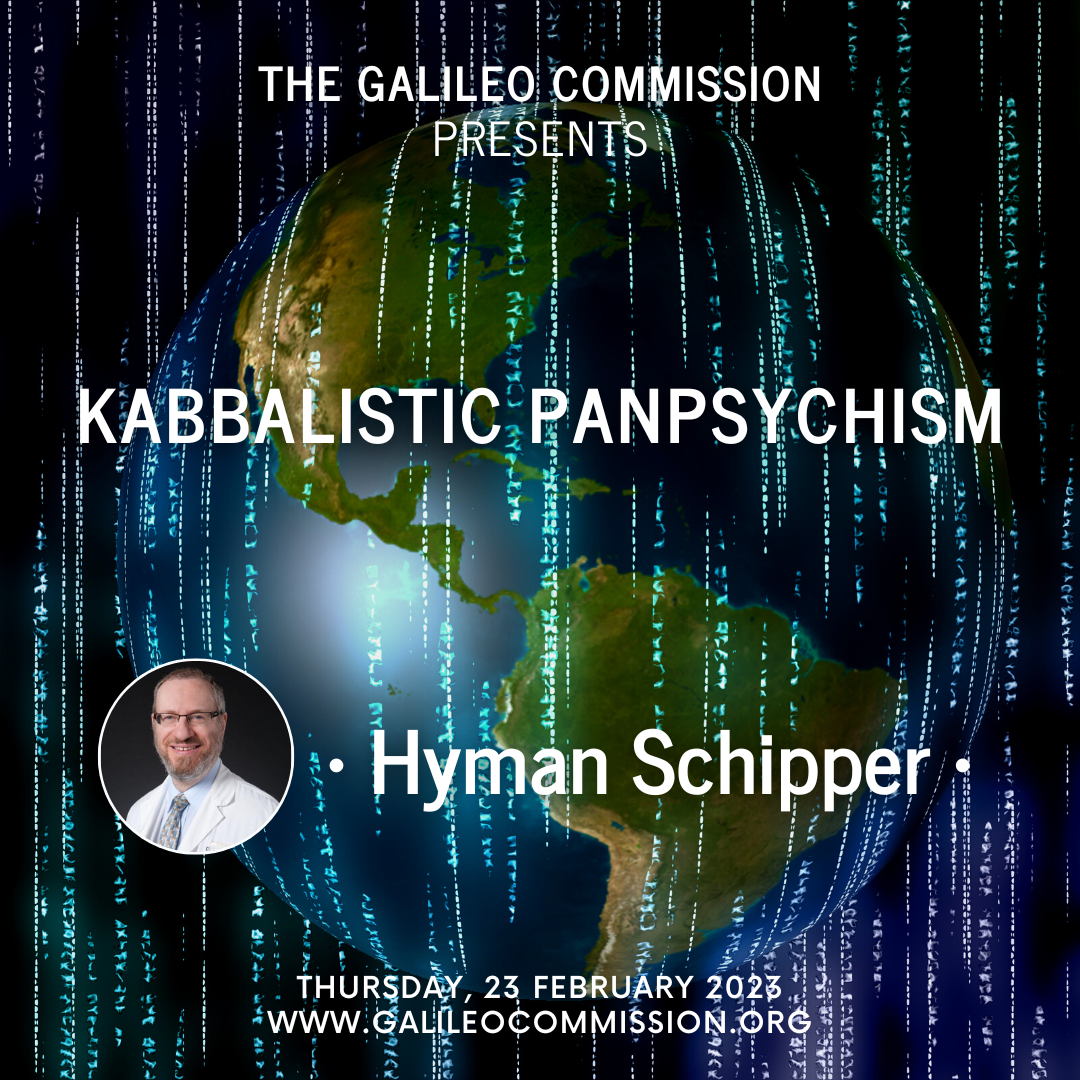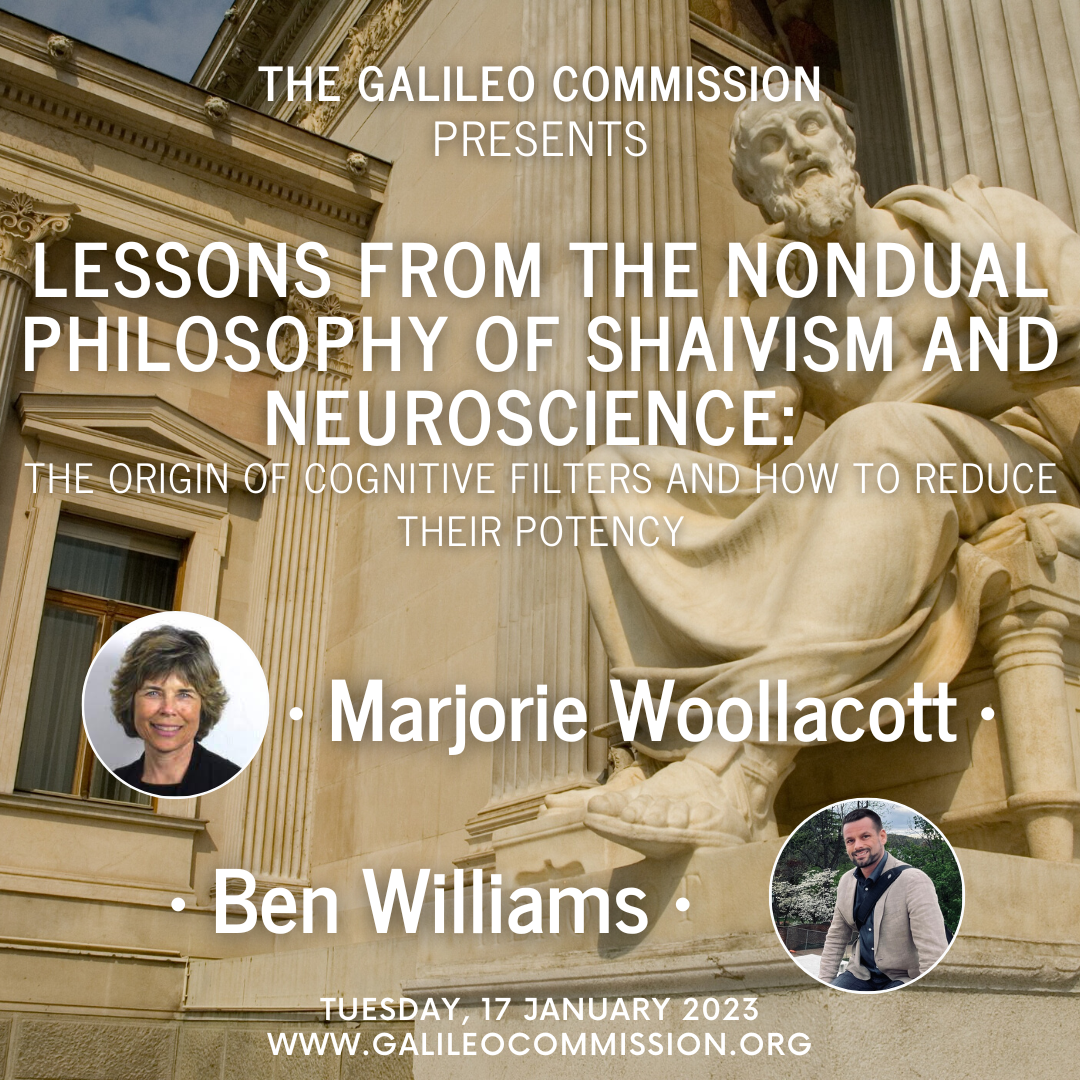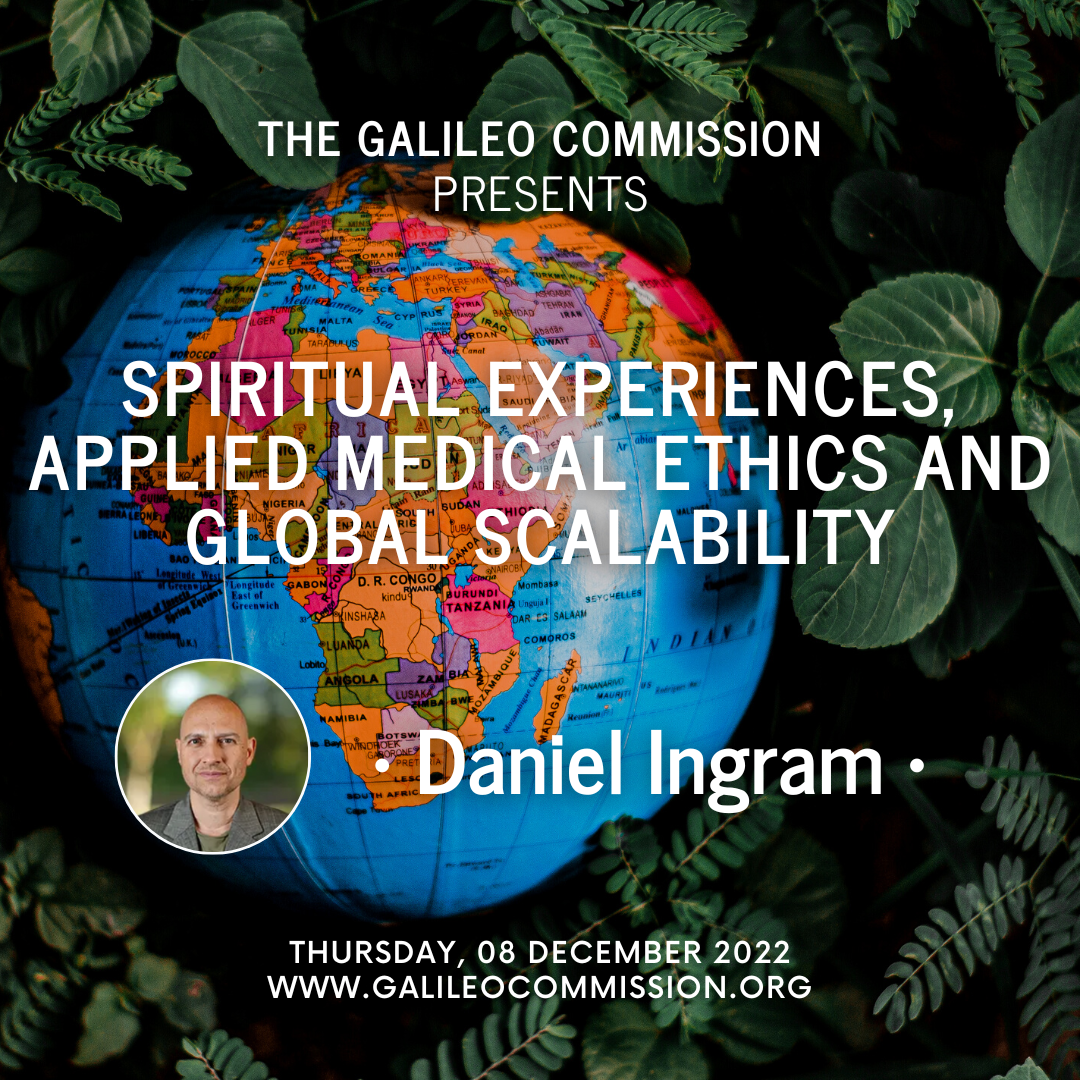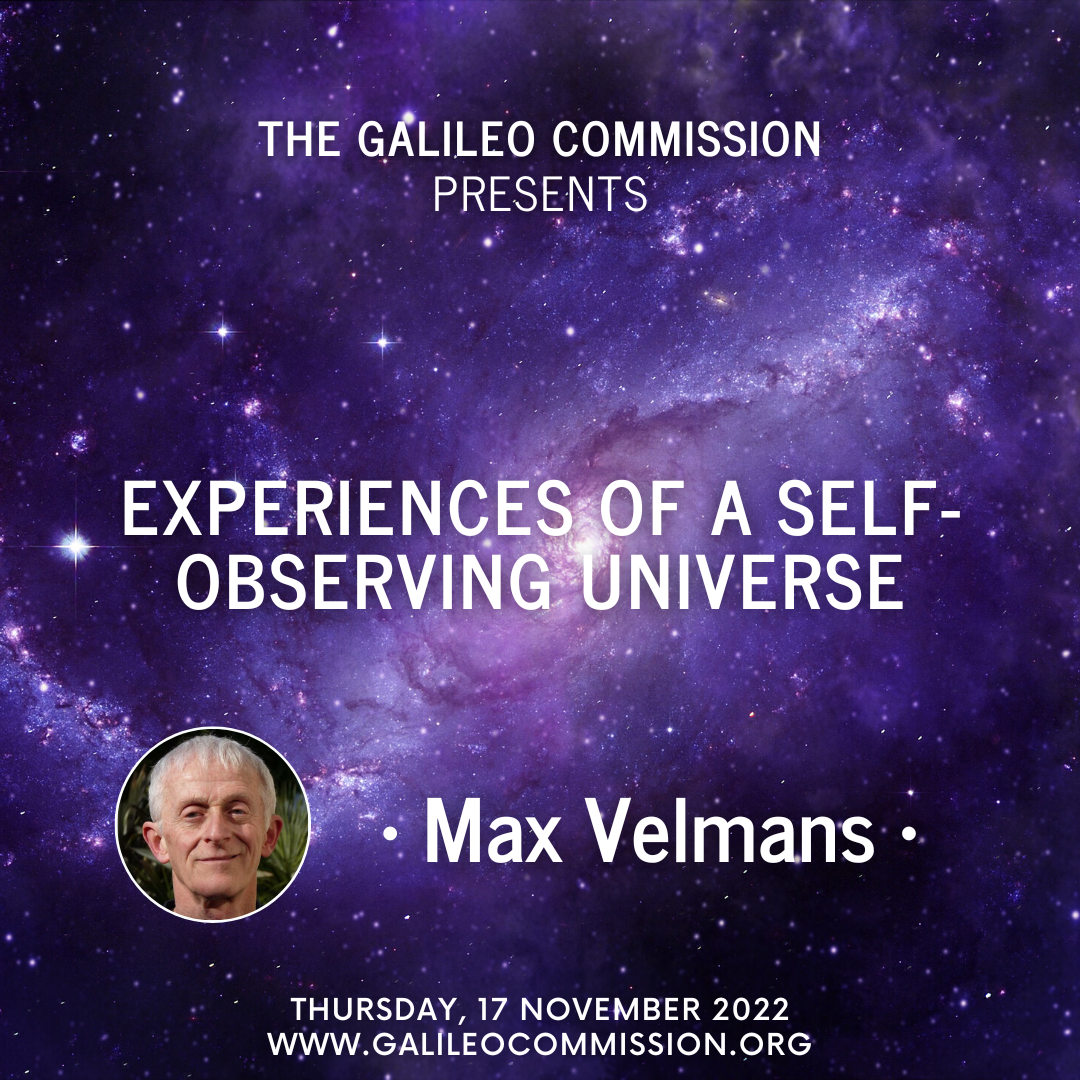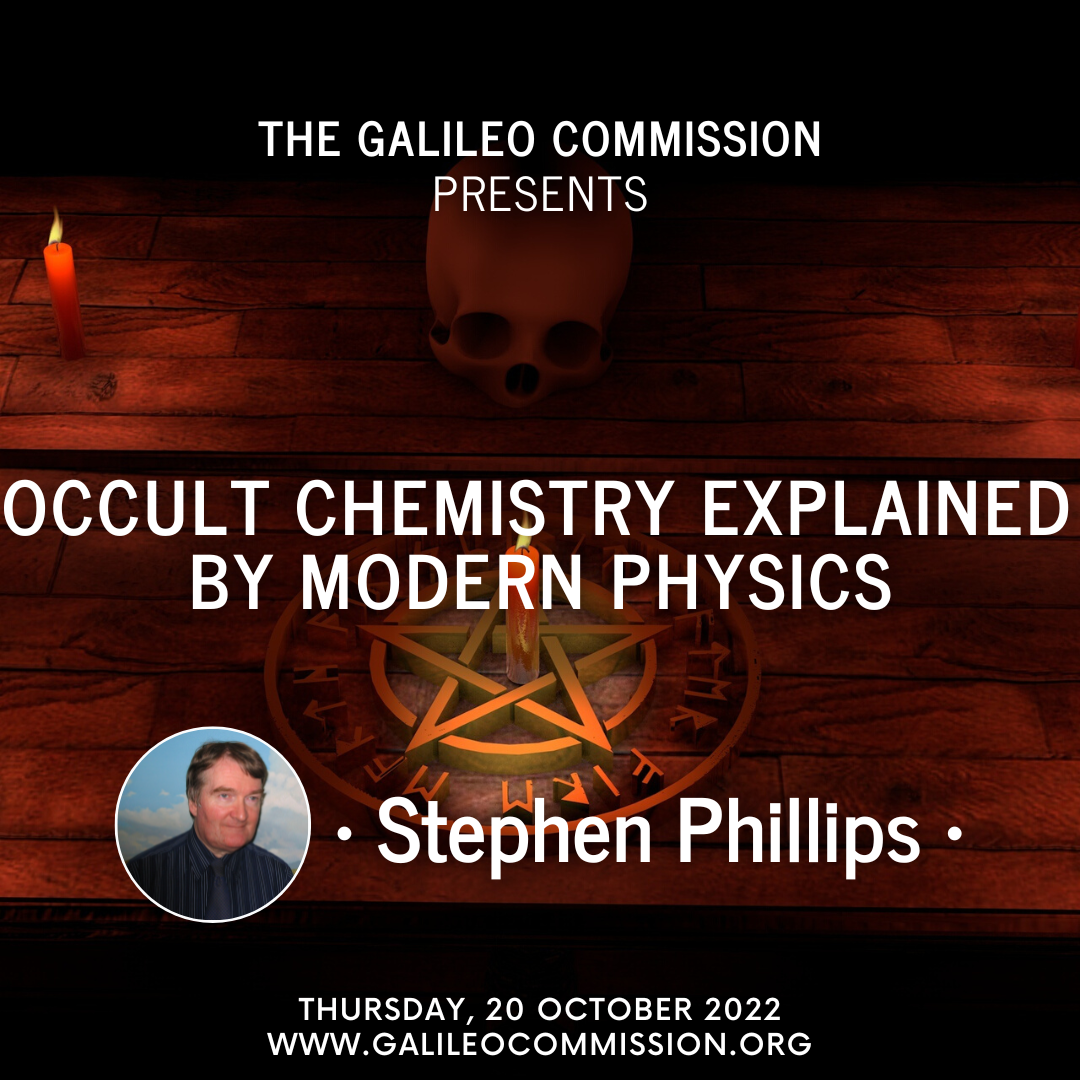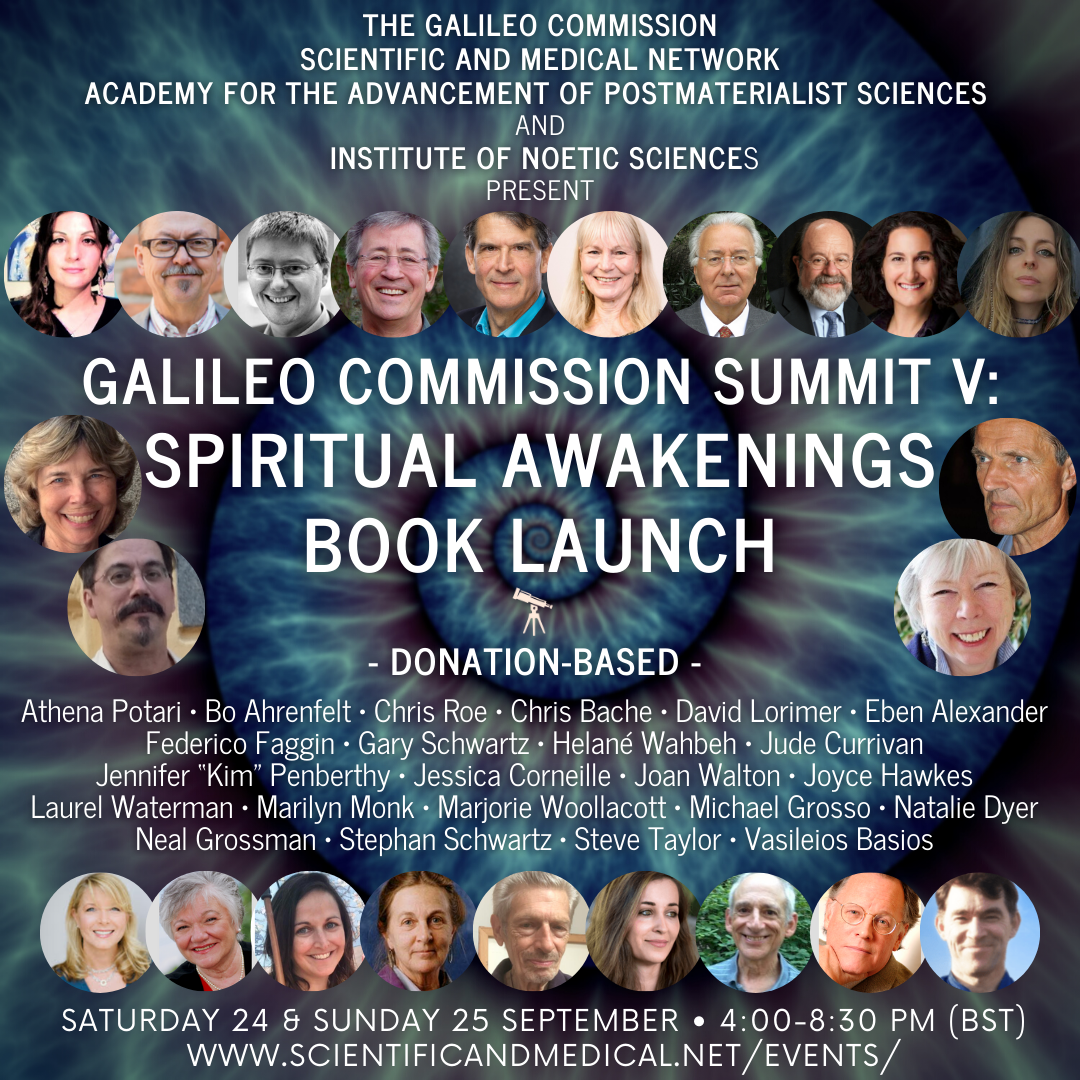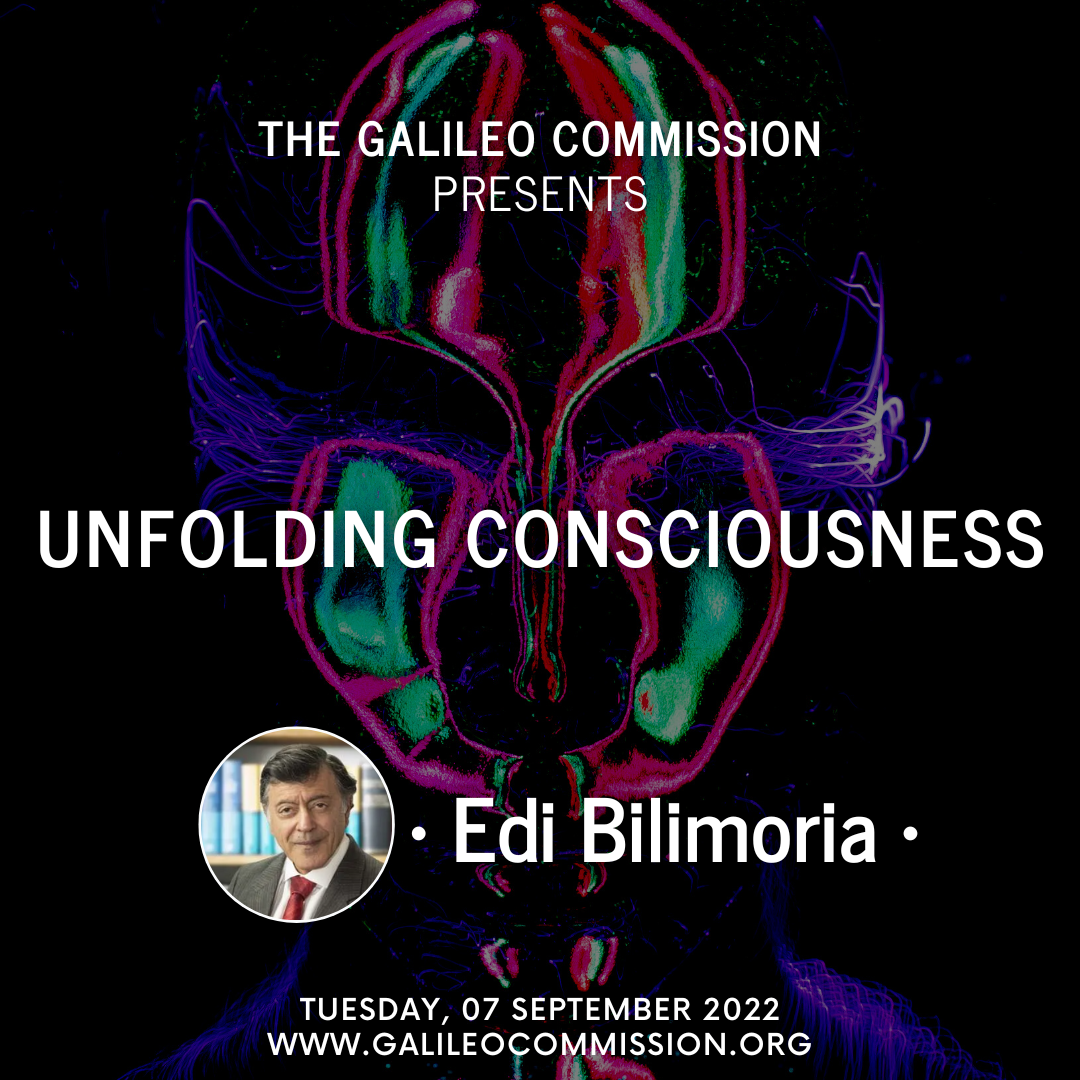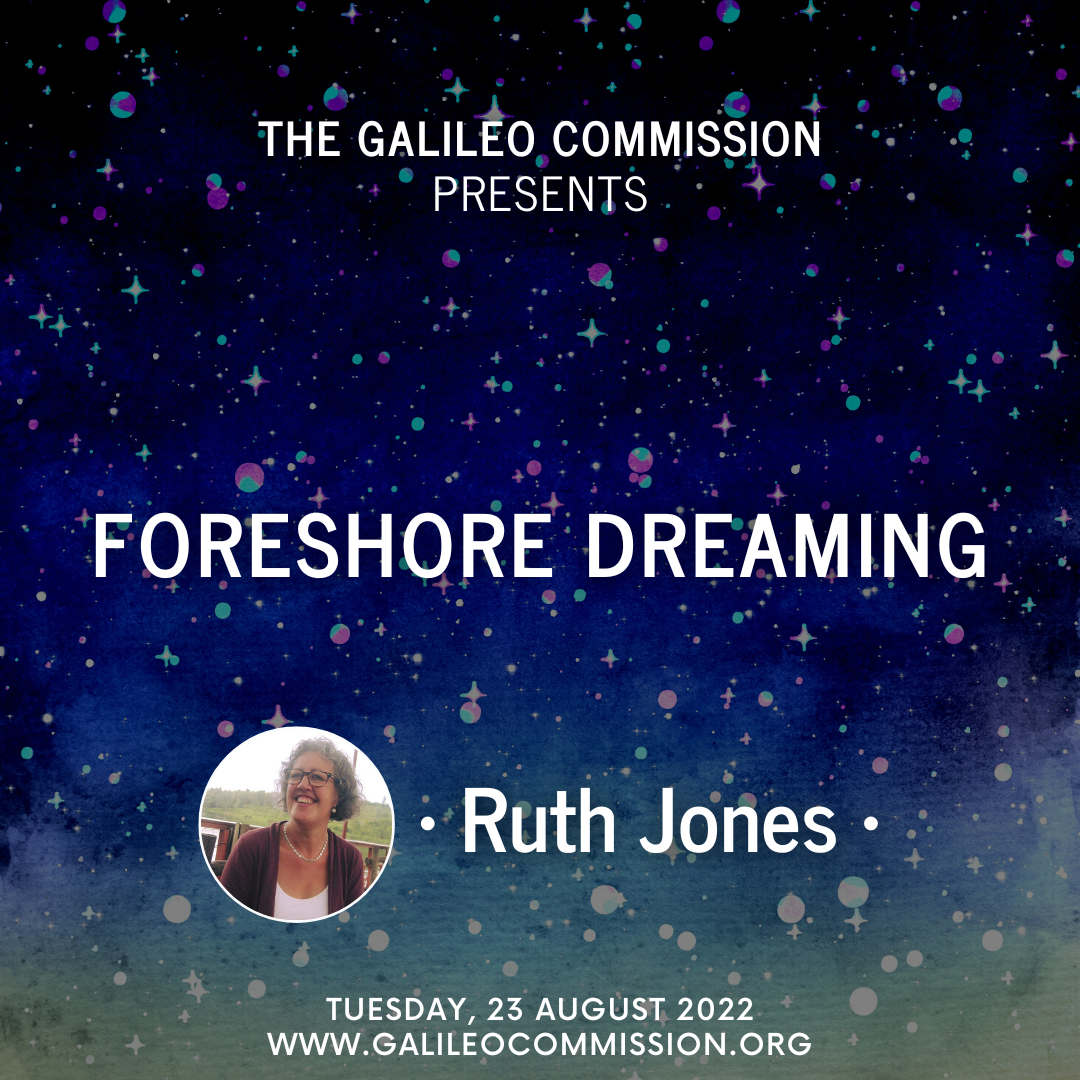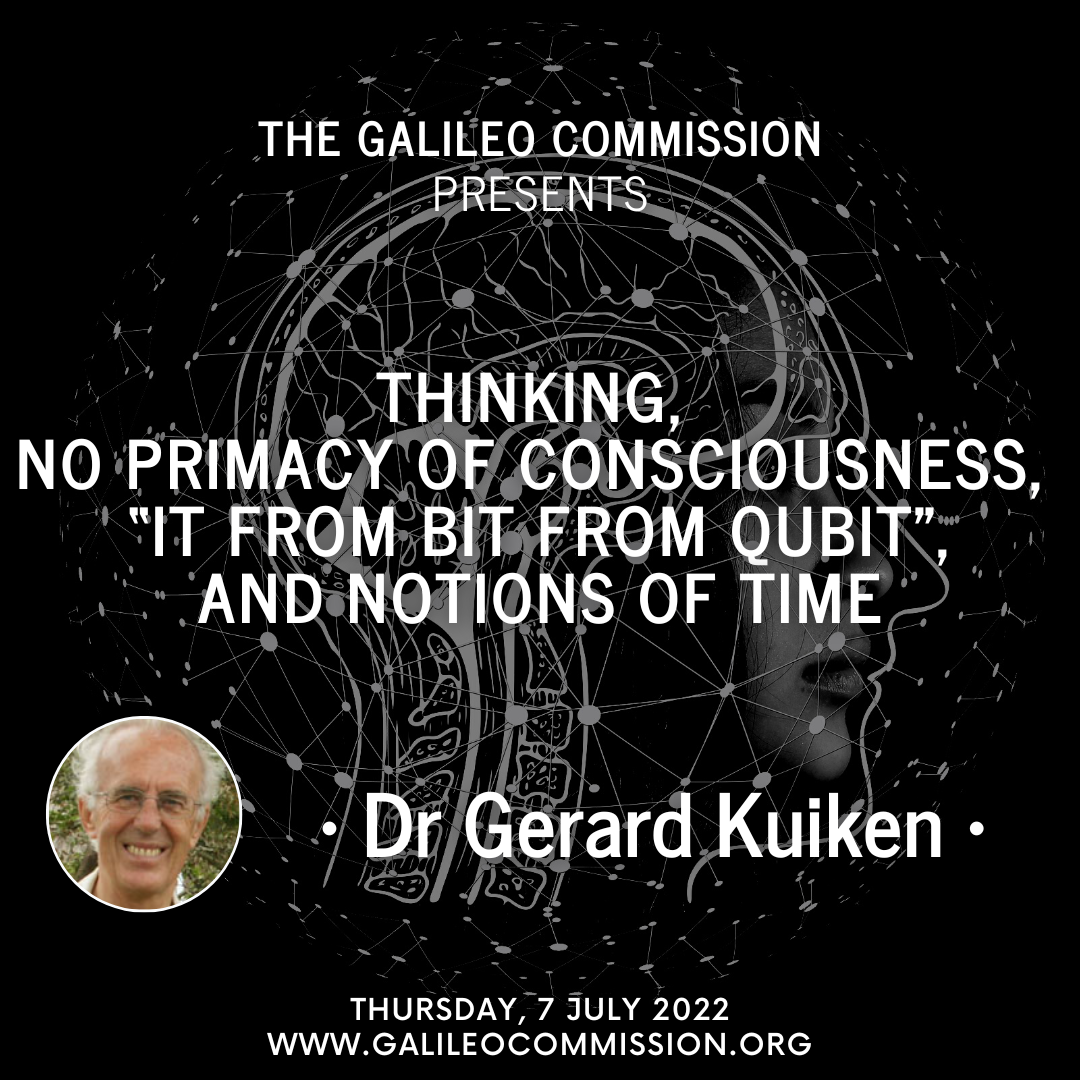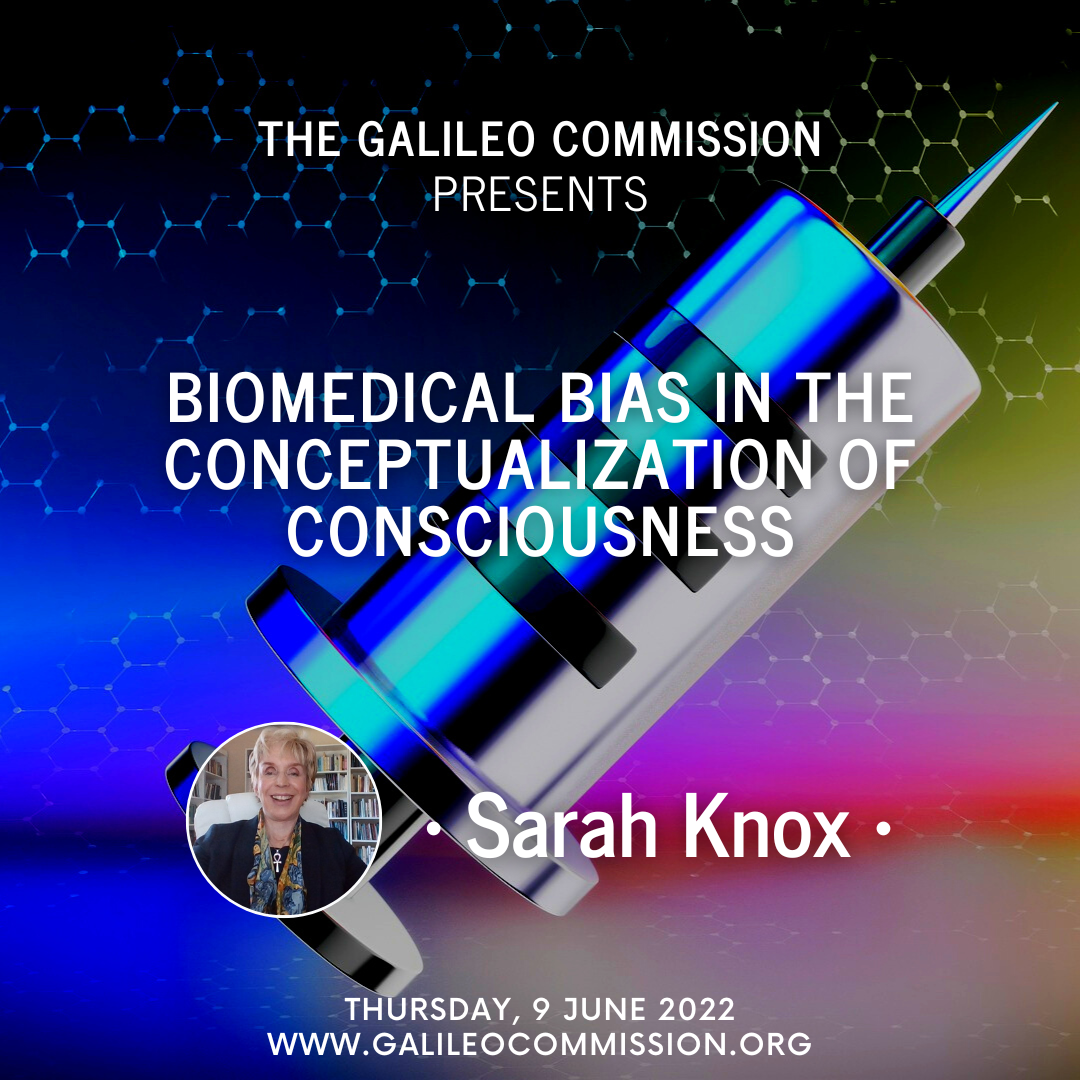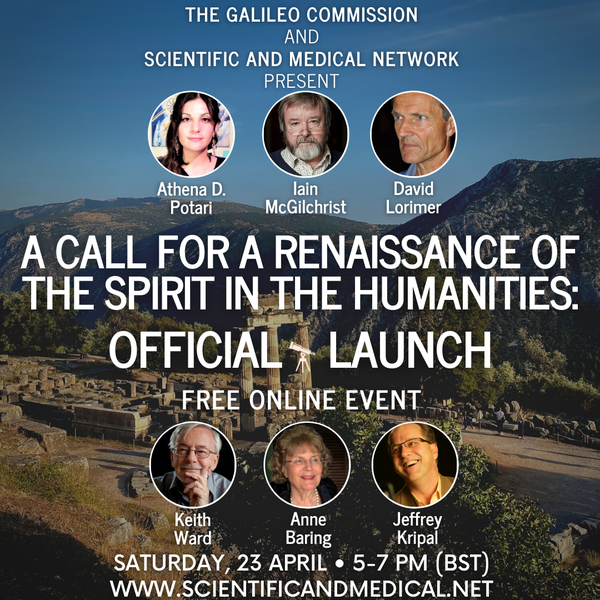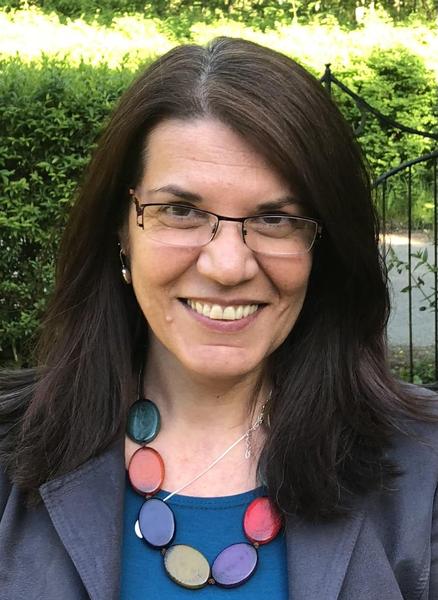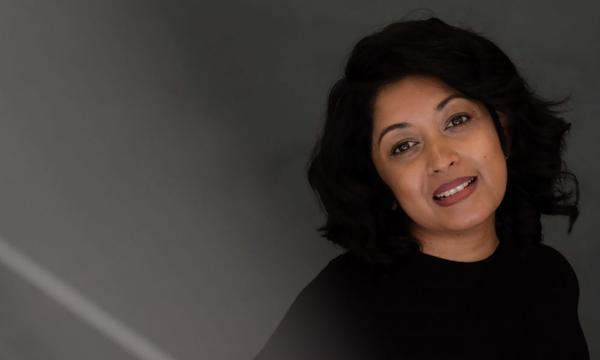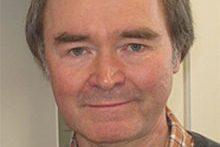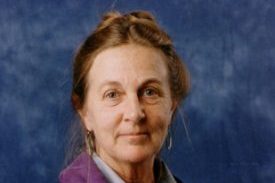Bruce Greyson on Oprah: What Near Death Experiences Reveal About Life and Beyond
This episode of The Oprah Podcast features Dr. Bruce Greyson, one of the world's leading experts on near death experiences. As a scientist and physician, Dr. Greyson has been studying these fascinating phenomena for decades. He and Oprah dive deep into near death encounters and speak with people who have undergone their own transformative episodes, including Oscar nominated actor Jeremy Renner, who described his event as harrowing but also exhilaratingly peaceful.
A Course by Ravi Ravindra – They Journey of a Pilgrim
Saturdays, 10:00 – 11:30 a.m. CT June 7 – 28 (4 classes) The Pilgrim Journey A Deep
Consciousness: On its Source, and Operations – A.K. Mukhopadhyay
Traditional approach to consciousness research accepting the brain as its source has not fruitfully worked. This article takes an inverted approach accepting consciousness as the most fundamental, and the brain, or even a biological single cell, is an organ of behavior for manifestations of consciousness. The idea has been supported by several pieces of evidence from different disciplines of science, medicine, neuroscience, plant biology, and cellular cognition. The human brain at the ZPE state has been emphasized as the fountainhead of creativity. Twelve emerging areas have been clearly chalked out for further research. A model of Brain-Consciousness coupling and another on Consciousness-Brain coupling have been proposed. The paper leads us towards Immersive Neuroscience as the helm of several disciplines of science and for a science-based, consciousness-centric spirituality for humanity.
Bruce Greyson on Oprah: What Near Death Experiences Reveal About Life and Beyond
This episode of The Oprah Podcast features Dr. Bruce Greyson, one of the world's leading experts on near death experiences. As a scientist and physician, Dr. Greyson has been studying these fascinating phenomena for decades. He and Oprah dive deep into near death encounters and speak with people who have undergone their own transformative episodes, including Oscar nominated actor Jeremy Renner, who described his event as harrowing but also exhilaratingly peaceful.
A Course by Ravi Ravindra – They Journey of a Pilgrim
Saturdays, 10:00 – 11:30 a.m. CT June 7 – 28 (4 classes) The Pilgrim Journey A Deep
Consciousness: On its Source, and Operations – A.K. Mukhopadhyay
Traditional approach to consciousness research accepting the brain as its source has not fruitfully worked. This article takes an inverted approach accepting consciousness as the most fundamental, and the brain, or even a biological single cell, is an organ of behavior for manifestations of consciousness. The idea has been supported by several pieces of evidence from different disciplines of science, medicine, neuroscience, plant biology, and cellular cognition. The human brain at the ZPE state has been emphasized as the fountainhead of creativity. Twelve emerging areas have been clearly chalked out for further research. A model of Brain-Consciousness coupling and another on Consciousness-Brain coupling have been proposed. The paper leads us towards Immersive Neuroscience as the helm of several disciplines of science and for a science-based, consciousness-centric spirituality for humanity.
Bruce Greyson on Oprah: What Near Death Experiences Reveal About Life and Beyond
This episode of The Oprah Podcast features Dr. Bruce Greyson, one of the world's leading experts on near death experiences. As a scientist and physician, Dr. Greyson has been studying these fascinating phenomena for decades. He and Oprah dive deep into near death encounters and speak with people who have undergone their own transformative episodes, including Oscar nominated actor Jeremy Renner, who described his event as harrowing but also exhilaratingly peaceful.
A Course by Ravi Ravindra – They Journey of a Pilgrim
Saturdays, 10:00 – 11:30 a.m. CT June 7 – 28 (4 classes) The Pilgrim Journey A Deep
Consciousness: On its Source, and Operations – A.K. Mukhopadhyay
Traditional approach to consciousness research accepting the brain as its source has not fruitfully worked. This article takes an inverted approach accepting consciousness as the most fundamental, and the brain, or even a biological single cell, is an organ of behavior for manifestations of consciousness. The idea has been supported by several pieces of evidence from different disciplines of science, medicine, neuroscience, plant biology, and cellular cognition. The human brain at the ZPE state has been emphasized as the fountainhead of creativity. Twelve emerging areas have been clearly chalked out for further research. A model of Brain-Consciousness coupling and another on Consciousness-Brain coupling have been proposed. The paper leads us towards Immersive Neuroscience as the helm of several disciplines of science and for a science-based, consciousness-centric spirituality for humanity.
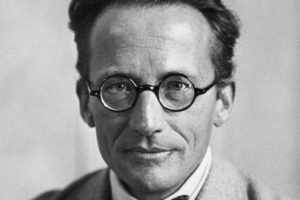
– Erwin Schrödinger
– Prof David Bohm
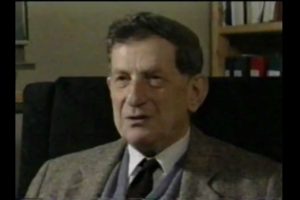
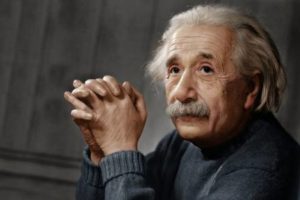
– Albert Einstein
Click on any event to view the recordings as well as event details

